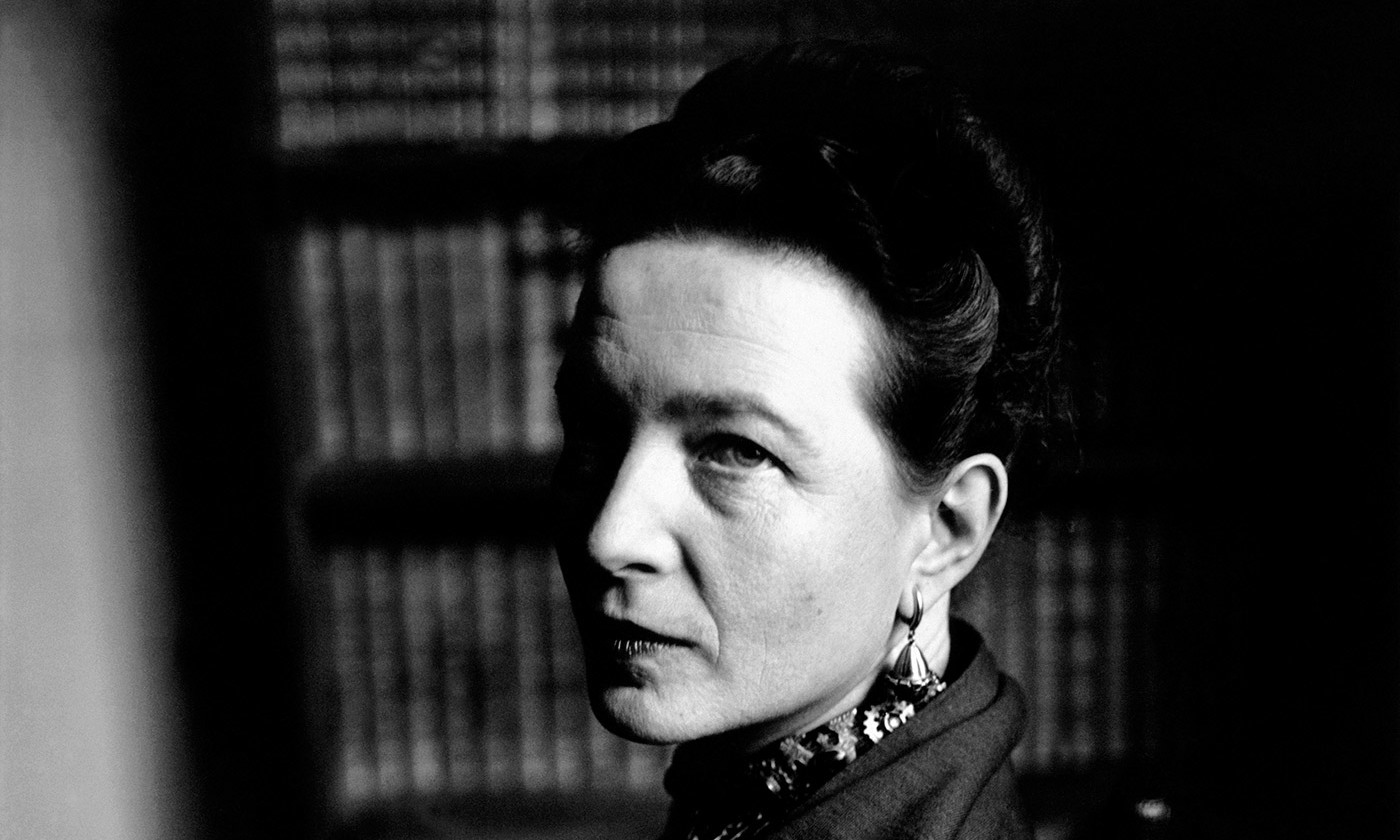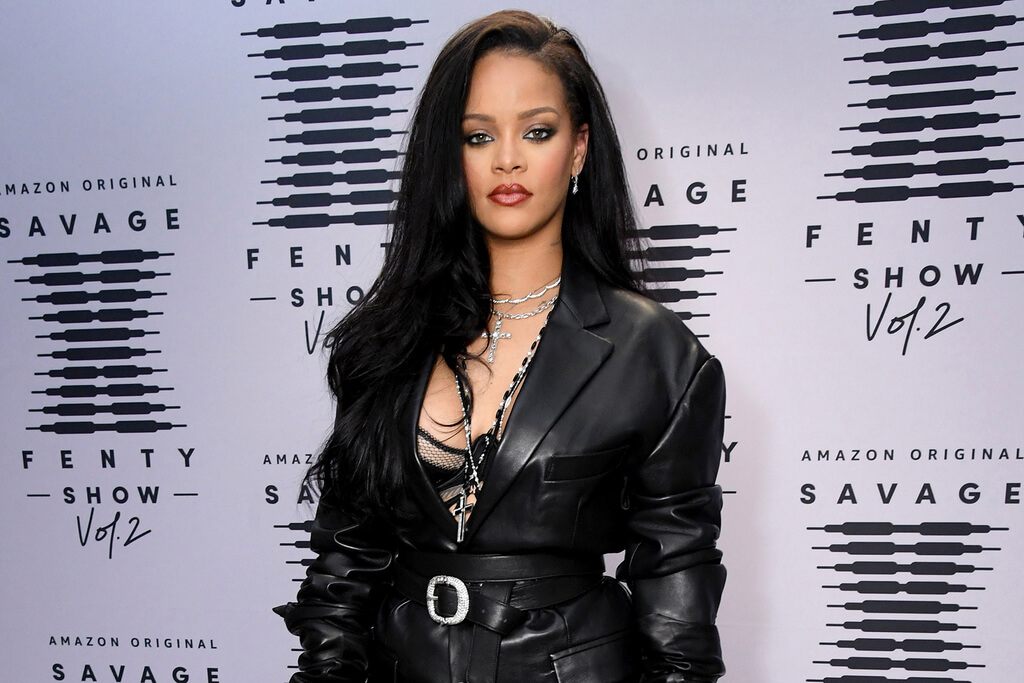
In the vast tapestry of human history, there exist women who have risen above challenges, blazed trails, and left indelible marks on society. These 50 most popular women, each occupying the seventh position in their fields, have made substantial contributions that have resonated across time and borders. Their stories are testaments to the power of determination, creativity, and perseverance, showcasing the diversity of achievements and impacts they’ve had.
From the realms of art and science to the corridors of politics and entertainment, these women have shattered glass ceilings, challenged norms, and inspired generations with their accomplishments. Their journeys embody the essence of what it means to be a trailblazer, a visionary, and a symbol of progress. Whether through groundbreaking scientific discoveries, transcendent artistic expressions, influential political leadership, or an unapologetic voice for change, each of these women has earned her place in the annals of history and continues to inspire individuals around the world.
In this compilation, we delve into the lives and accomplishments of these fifty women, exploring the moments that catapulted them to prominence and examining the enduring legacies they have crafted. 50 most popular women stories remind us that progress is driven by those who dare to dream beyond limits and transform those dreams into reality.
Achievements Of Top 50 Most Popular Women
Maya Angelou
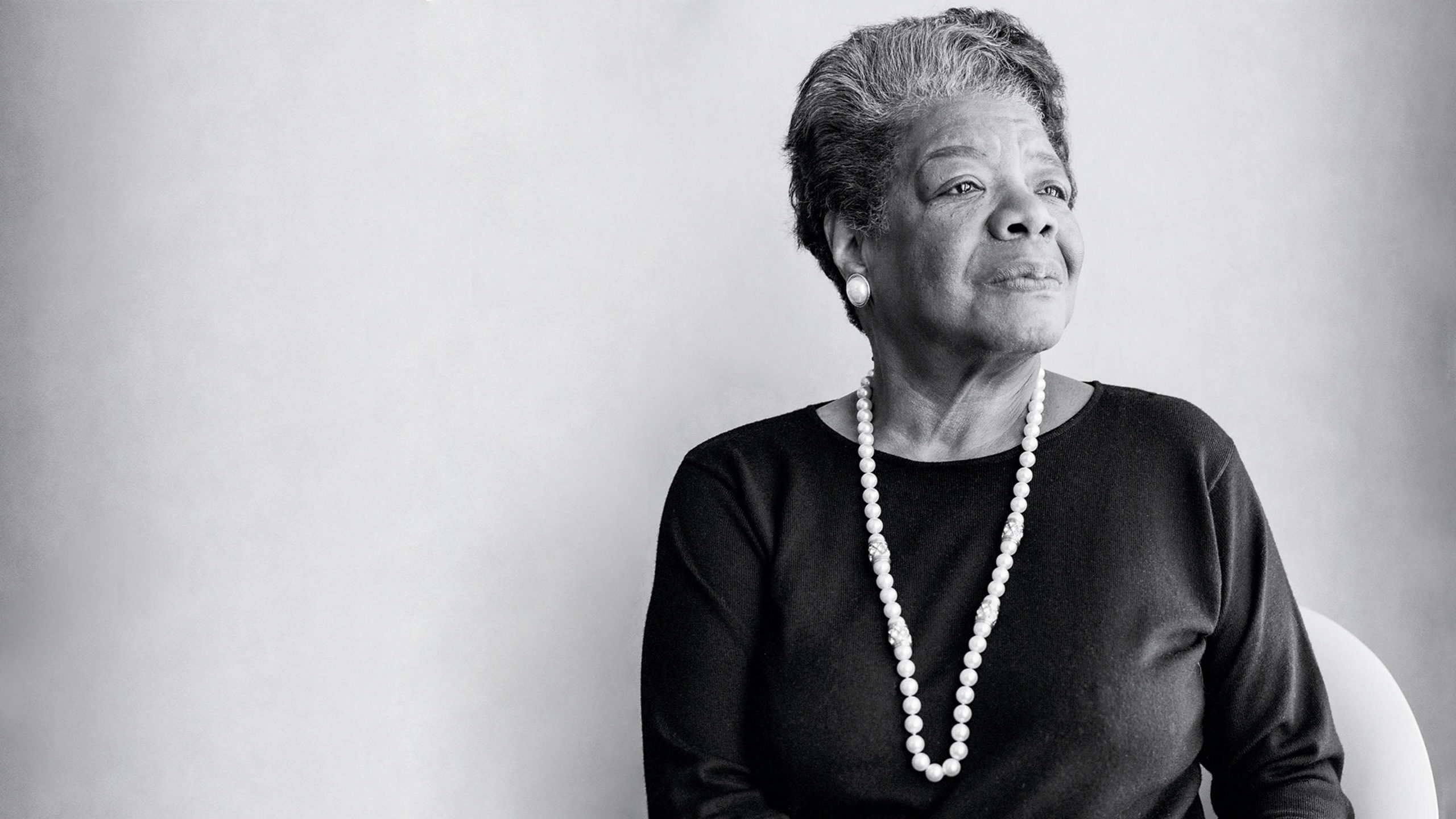
Renowned for her powerful poetry and autobiographical works that explore themes of identity, race, and resilience, Maya Angelou’s words have touched the hearts of millions and become an integral part of modern literary canon. Angelou gained prominence with her 1969 autobiography “I Know Why the Caged Bird Sings,” which candidly discussed her childhood struggles, resilience, and triumphs.
Frida Kahlo
An iconic painter known for her introspective self-portraits, Kahlo’s art delved into her physical and emotional pain, offering a raw and unique perspective on suffering, identity, and the human experience. Kahlo’s breakthrough came in the 1930s with her self-portraits that showcased her pain, identity, and Mexican heritage, attracting attention to her unique artistic vision.
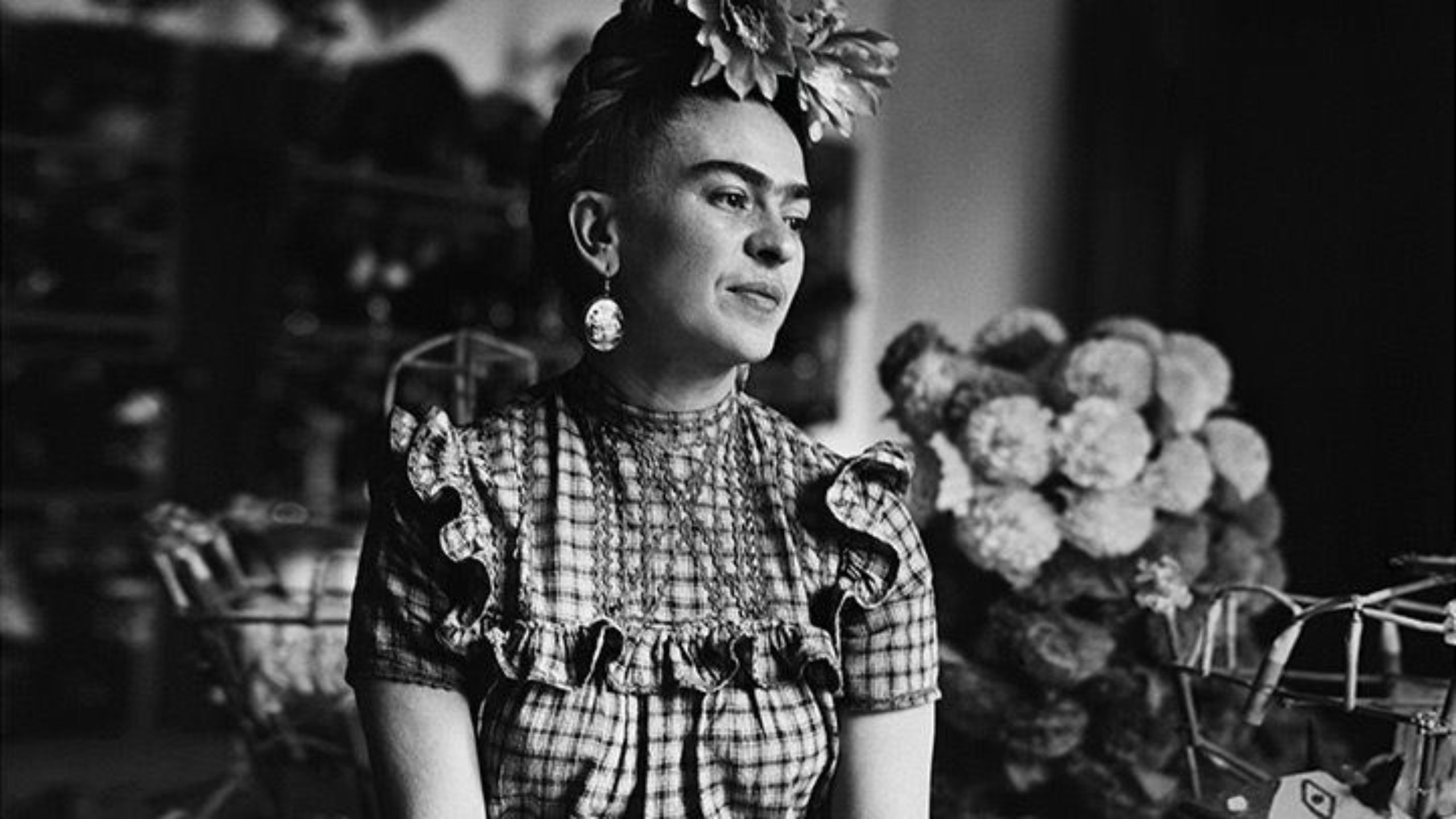
Barbara Walters
A pioneering broadcast journalist, Walters shattered glass ceilings, becoming the first woman to co-host a network news program. Her insightful interviews and tenacity revolutionized the role of women in media. Walters made history as the first female co-anchor of a network evening news program, “ABC Evening News,” in 1976, breaking barriers in broadcast journalism.
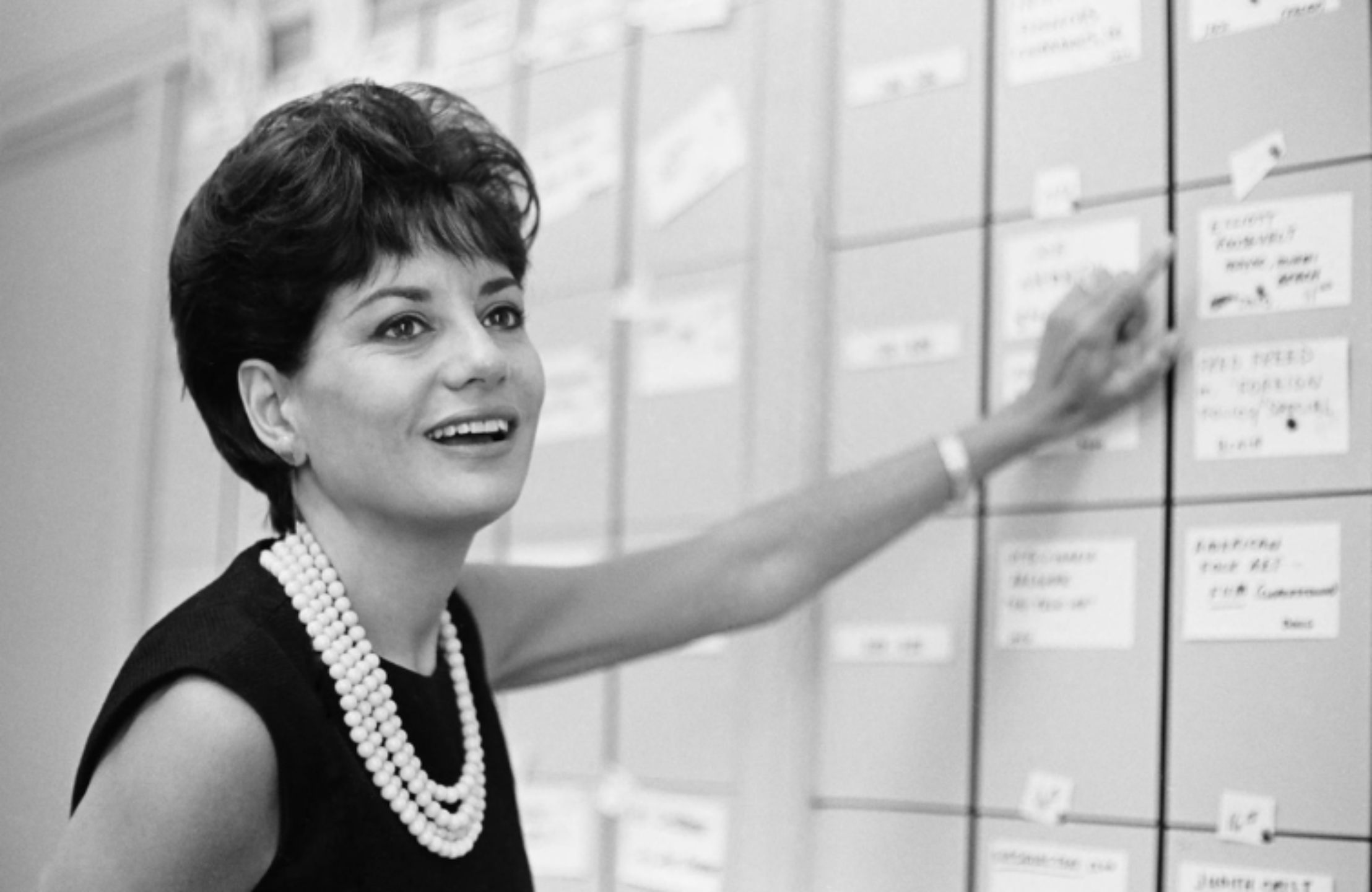
Widely regarded as one of the greatest tennis players of all time, Williams has dominated the sport with her powerful play and unyielding determination, challenging stereotypes and advocating for gender equality. Williams’ dominance in tennis began with her first Grand Slam title in 1999. Her extraordinary athletic achievements and advocacy have elevated her to legendary status.
J.K. Rowling
The mastermind behind the beloved “Harry Potter” series, Rowling’s imagination created an entire magical world that captivated readers of all ages and encouraged a renewed interest in reading. Rowling’s debut novel “Harry Potter and the Philosopher’s Stone” (1997) introduced readers to the enchanting wizarding world, leading to a global phenomenon.
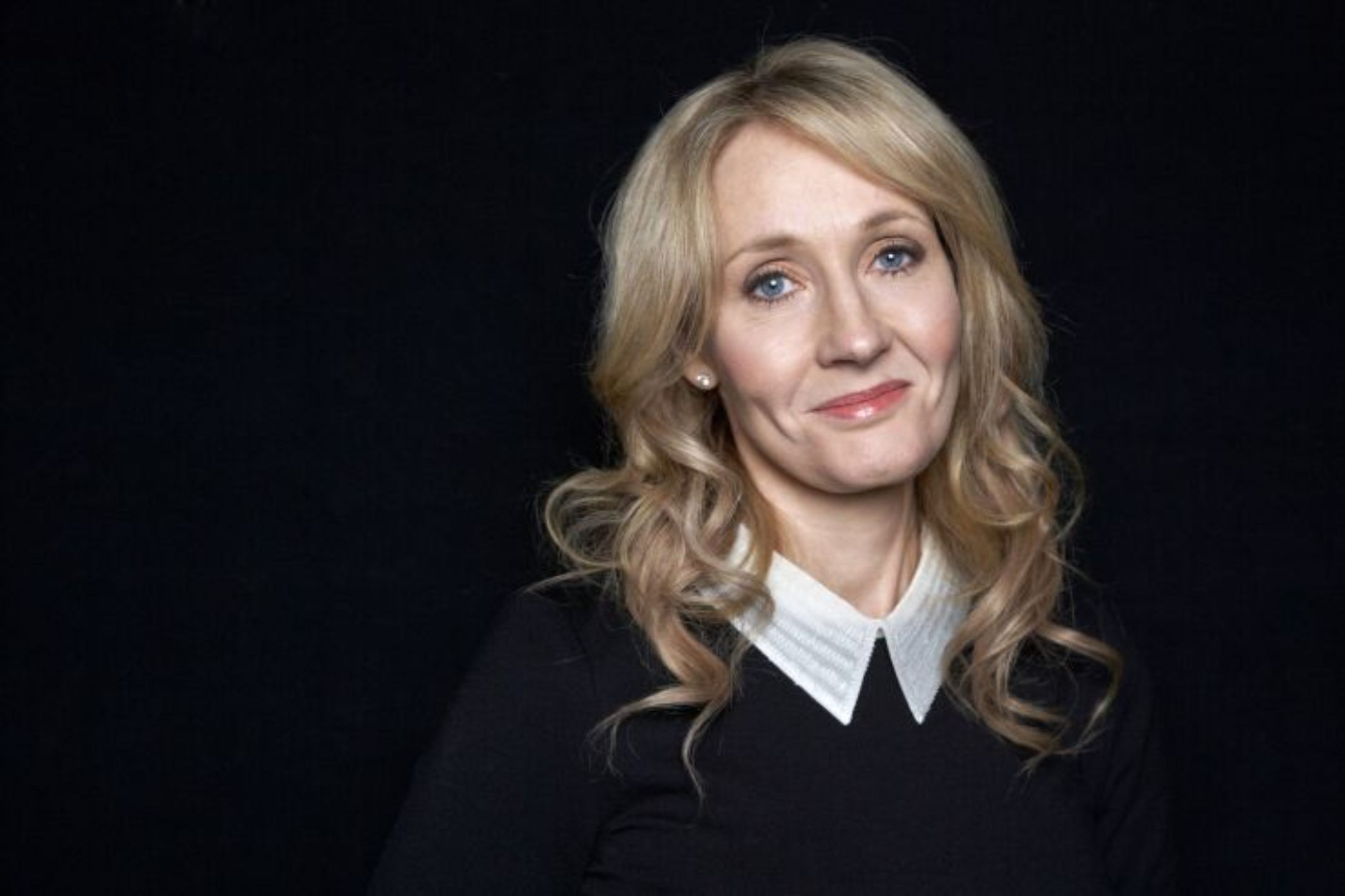
Indira Gandhi
As the first female Prime Minister of India, Gandhi demonstrated strong leadership in a complex political landscape, making significant contributions to her nation’s development and global diplomacy. Gandhi’s election as India’s Prime Minister in 1966 marked her emergence as a political force, as she navigated complex domestic and international issues.
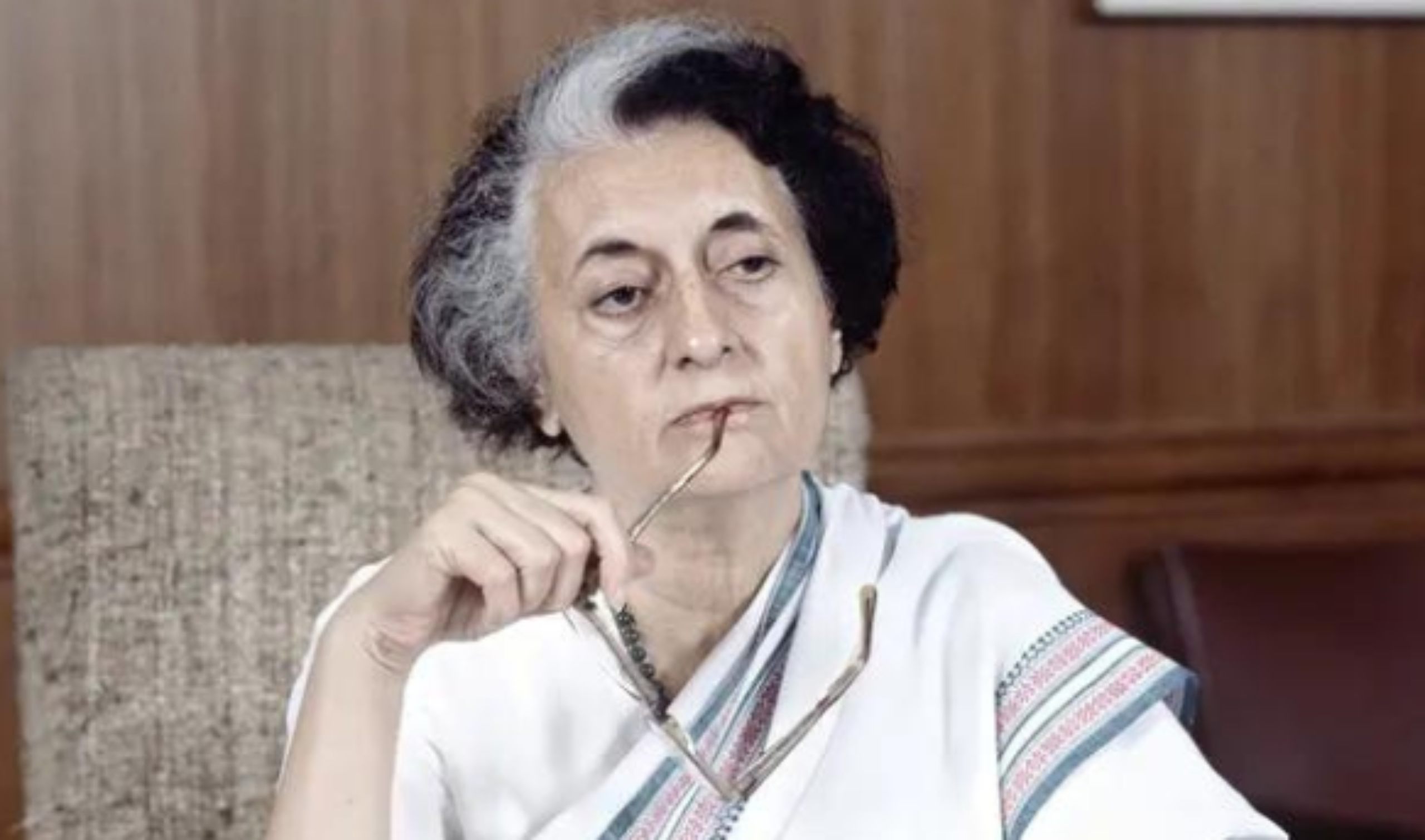
Marie Curie
A groundbreaking scientist, Curie’s pioneering research on radioactivity earned her two Nobel Prizes and paved the way for advancements in physics and medicine. Curie’s groundbreaking research on radioactivity earned her the Nobel Prize in Physics in 1903, followed by a Nobel Prize in Chemistry in 1911 for her work on radium.
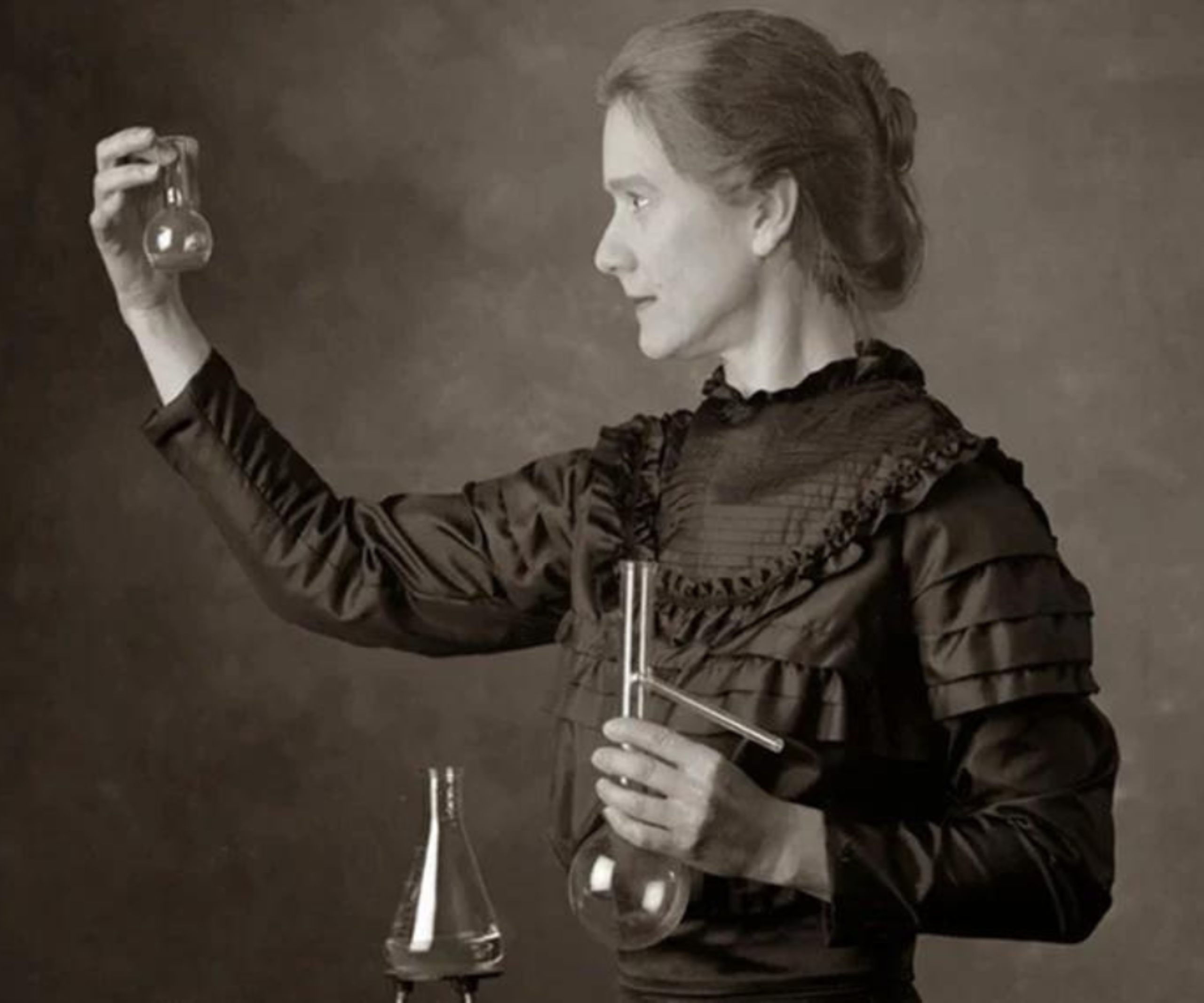
Audrey Hepburn
An iconic actress and humanitarian, Hepburn’s elegance and talent on screen were matched by her devotion to improving the lives of disadvantaged children through her work with UNICEF. Hepburn’s star rose with her role in “Roman Holiday” (1953), leading to her iconic portrayal in “Breakfast at Tiffany’s” (1961), cementing her as a Hollywood legend.
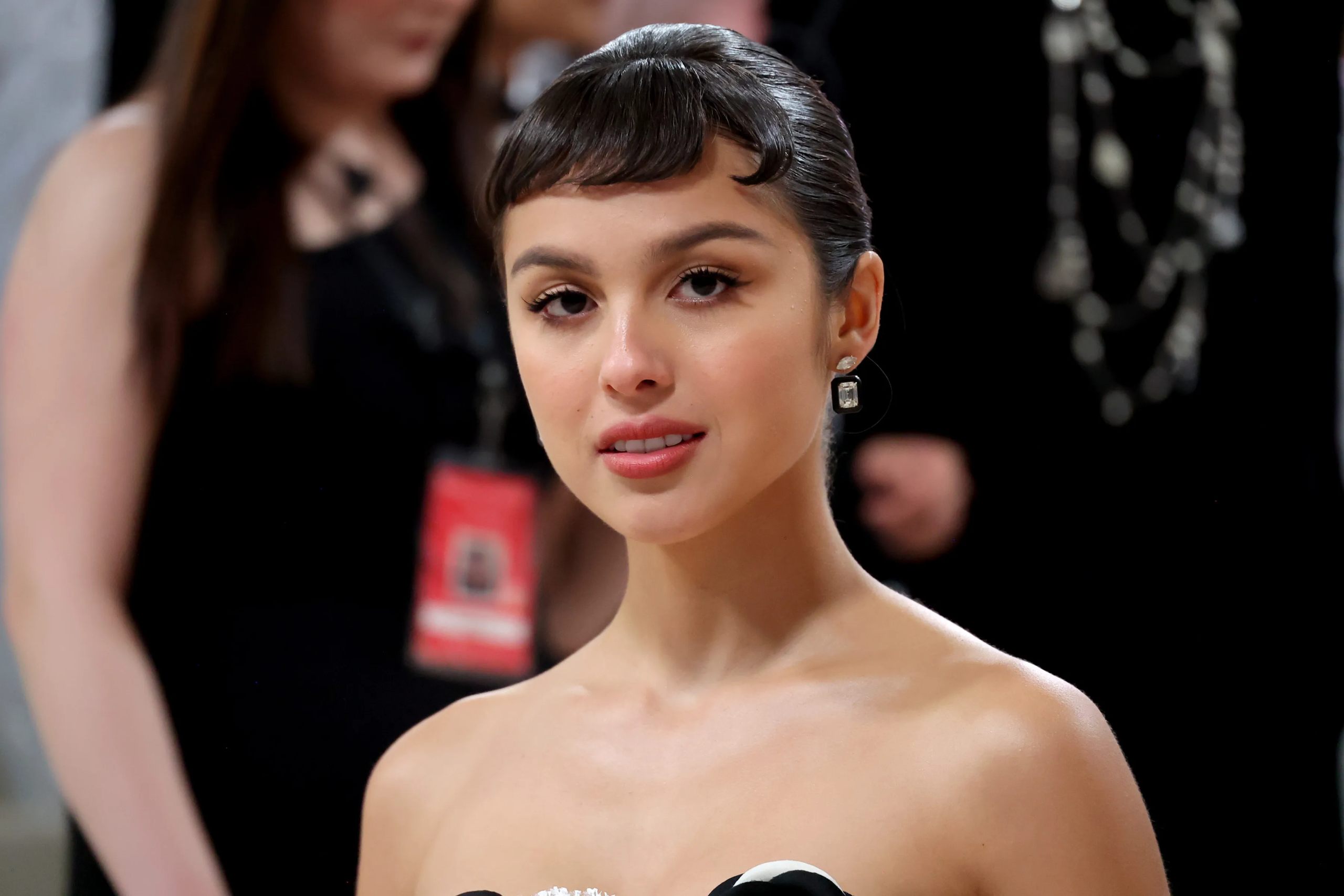
Madonna
A pop culture icon, Madonna’s boundary-pushing music and fashion have made her a symbol of female empowerment and rebellion, challenging societal norms and embracing individuality. Madonna’s 1984 album “Like a Virgin” launched her into pop superstardom, and her continuous reinvention and provocative style have sustained her popularity.
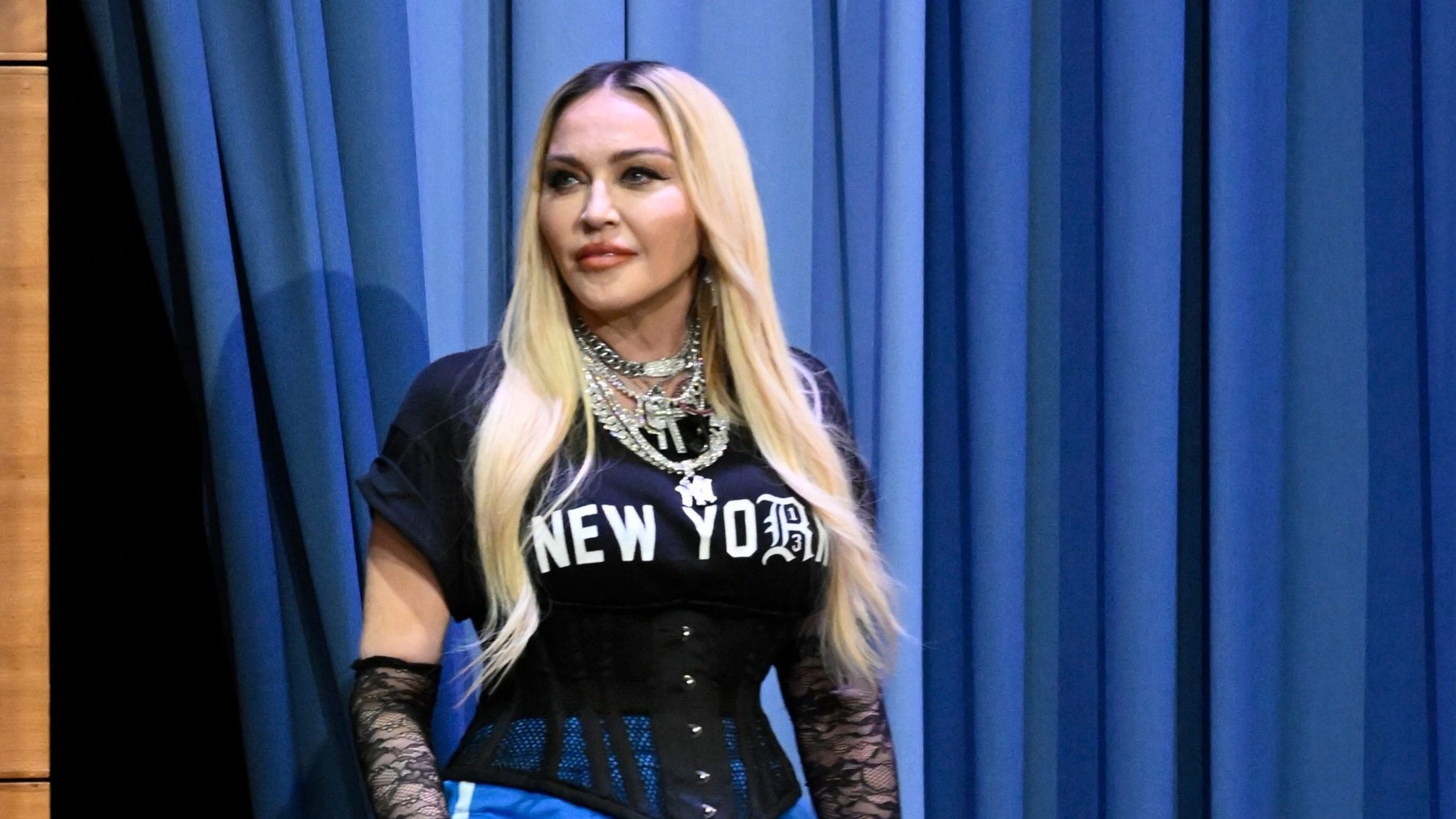
Malala Yousafzai
Surviving a near-fatal attack by the Taliban for advocating girls’ education, Yousafzai’s courage and activism have made her a global symbol of the fight for education and women’s rights. Yousafzai’s activism for girls’ education led to a tragic attack by the Taliban in 2012. Her recovery and advocacy earned her the Nobel Peace Prize in 2014.
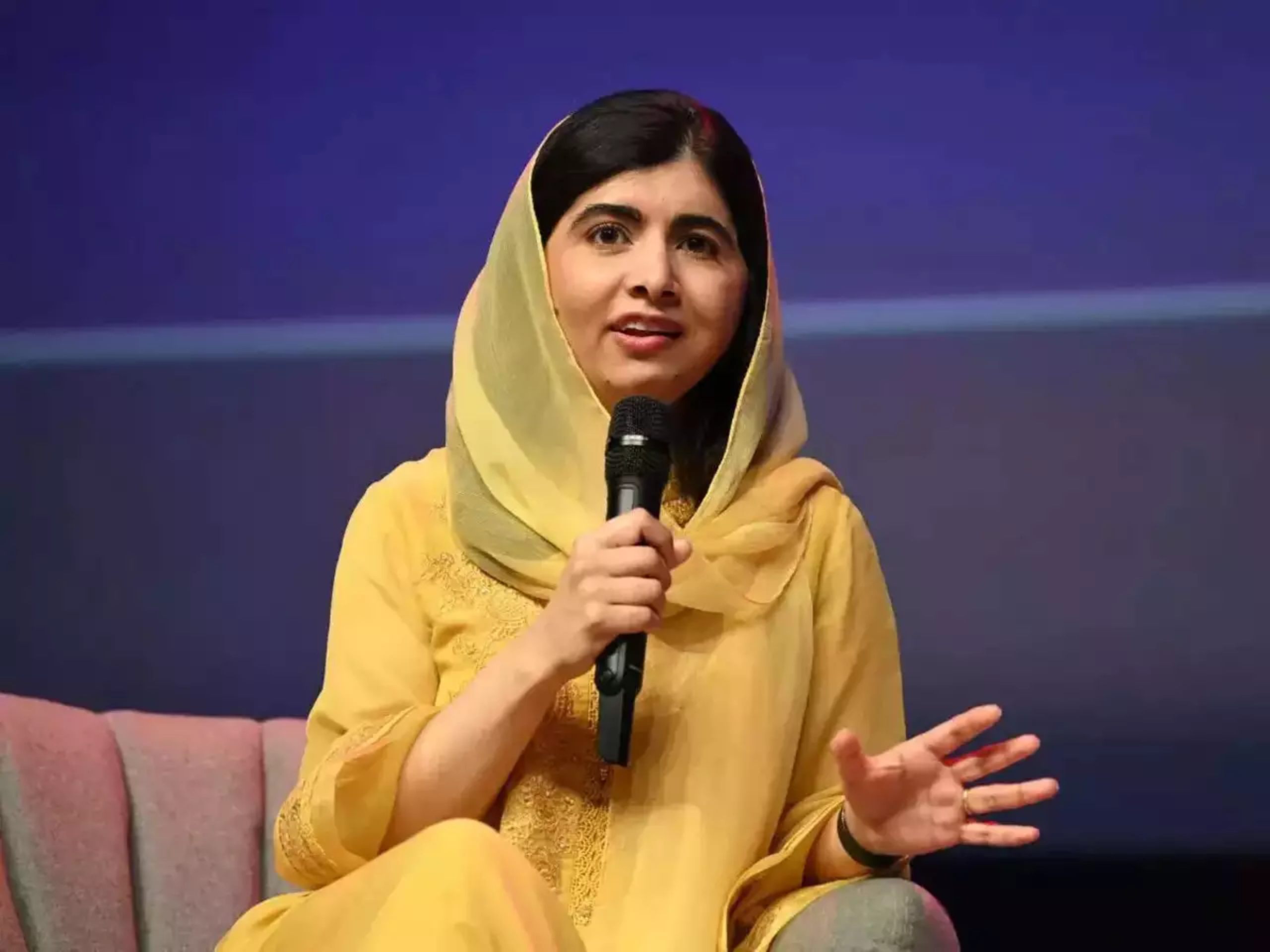
Aretha Franklin
Known as the “Queen of Soul,” Franklin’s unmatched voice and emotional depth in her music made her an inspiration to countless artists and audiences alike. Franklin’s hit song “Respect” in 1967 propelled her into the spotlight, and her soulful voice and messages of empowerment made her a cultural icon.
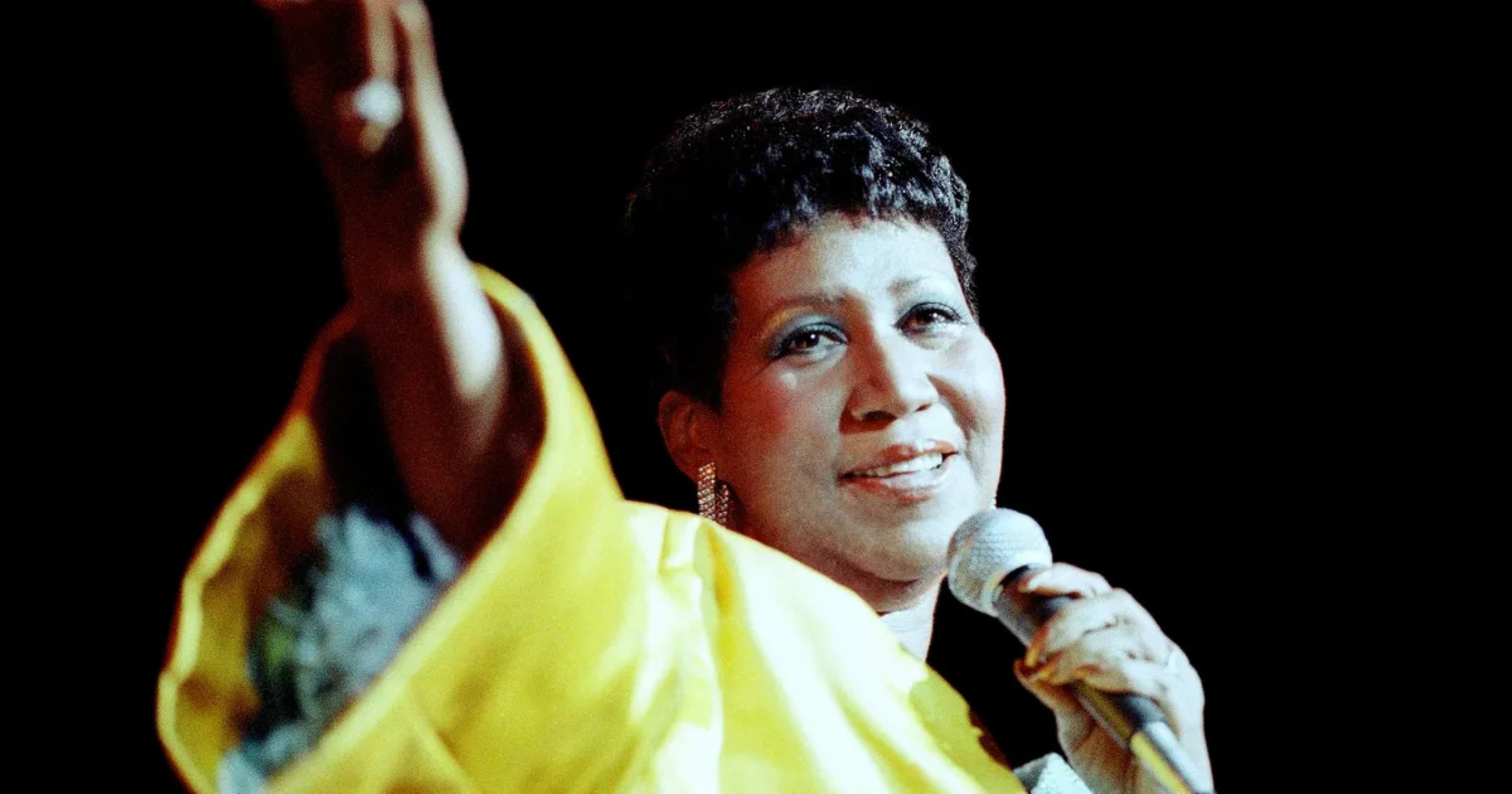
Jane Goodall
A trailblazing primatologist, Goodall’s groundbreaking work with chimpanzees reshaped our understanding of animal behavior, conservation, and the delicate balance of ecosystems. Goodall’s groundbreaking observations of chimpanzees in the wild in the 1960s revolutionized our understanding of primates and conservation.
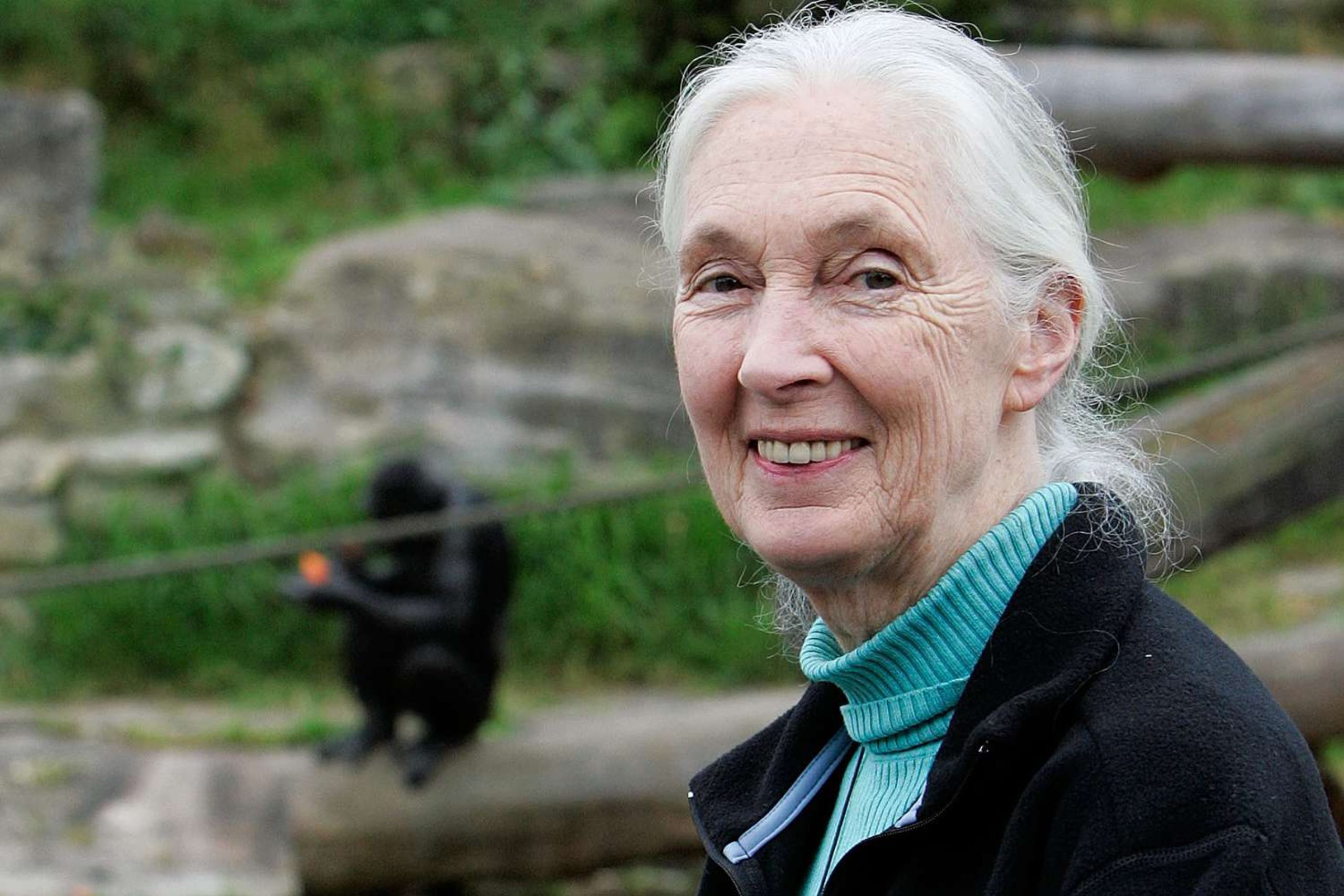
Coco Chanel
A visionary fashion designer, Chanel redefined elegance and style, liberating women from restrictive clothing and leaving an indelible mark on the world of fashion. Chanel’s revolutionary designs and introduction of the little black dress in the 1920s transformed fashion, making her a symbol of timeless elegance.
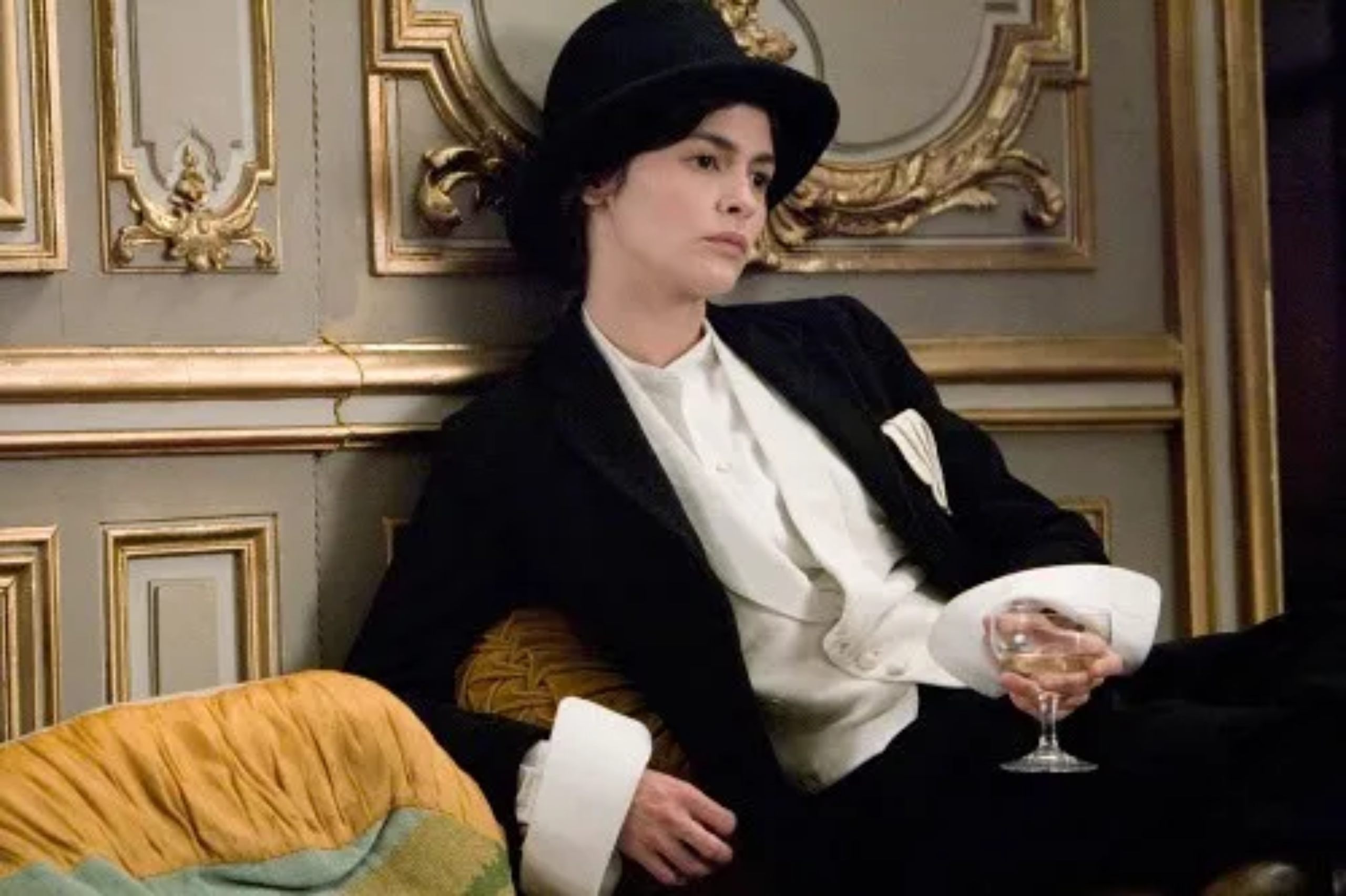
Anne Frank
Her poignant diary detailing her life in hiding during the Holocaust has touched millions, offering a deeply personal account of the atrocities of World War II. The posthumous publication of her diary in 1947 exposed the world to the personal struggles of Jews during the Holocaust, leaving an enduring impact.

Margaret Thatcher
Known as the “Iron Lady,” Thatcher’s strong leadership as the first female Prime Minister of the United Kingdom left a lasting impact on politics, economics, and global affairs. Thatcher’s election as the UK’s Prime Minister in 1979 marked a new era of conservative politics and her leadership through the Falklands War cemented her image.
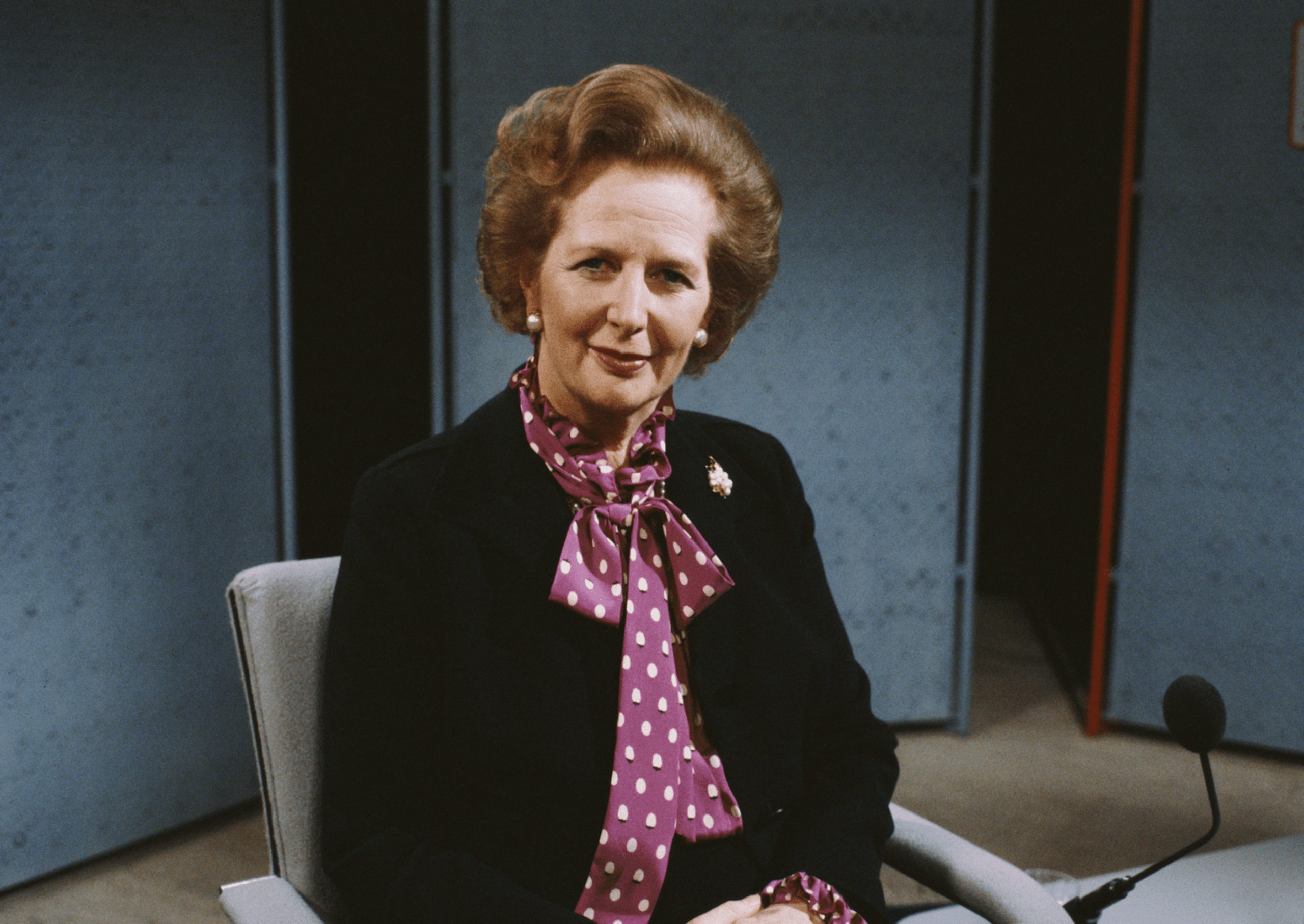
Angela Merkel
Serving as Germany’s Chancellor for 16 years, Merkel’s pragmatic and steady leadership solidified her as a prominent figure in European and world politics. Merkel’s ascent to Germany’s Chancellorship in 2005 marked her as a powerful figure in global politics, especially her leadership during the European financial crisis.

Mary Shelley
The author of “Frankenstein,” Shelley’s pioneering work in science fiction and gothic literature continues to influence modern storytelling and philosophical discussions. Shelley’s 1818 novel “Frankenstein” introduced a new genre of literature, science fiction, exploring ethical and philosophical questions around scientific progress.
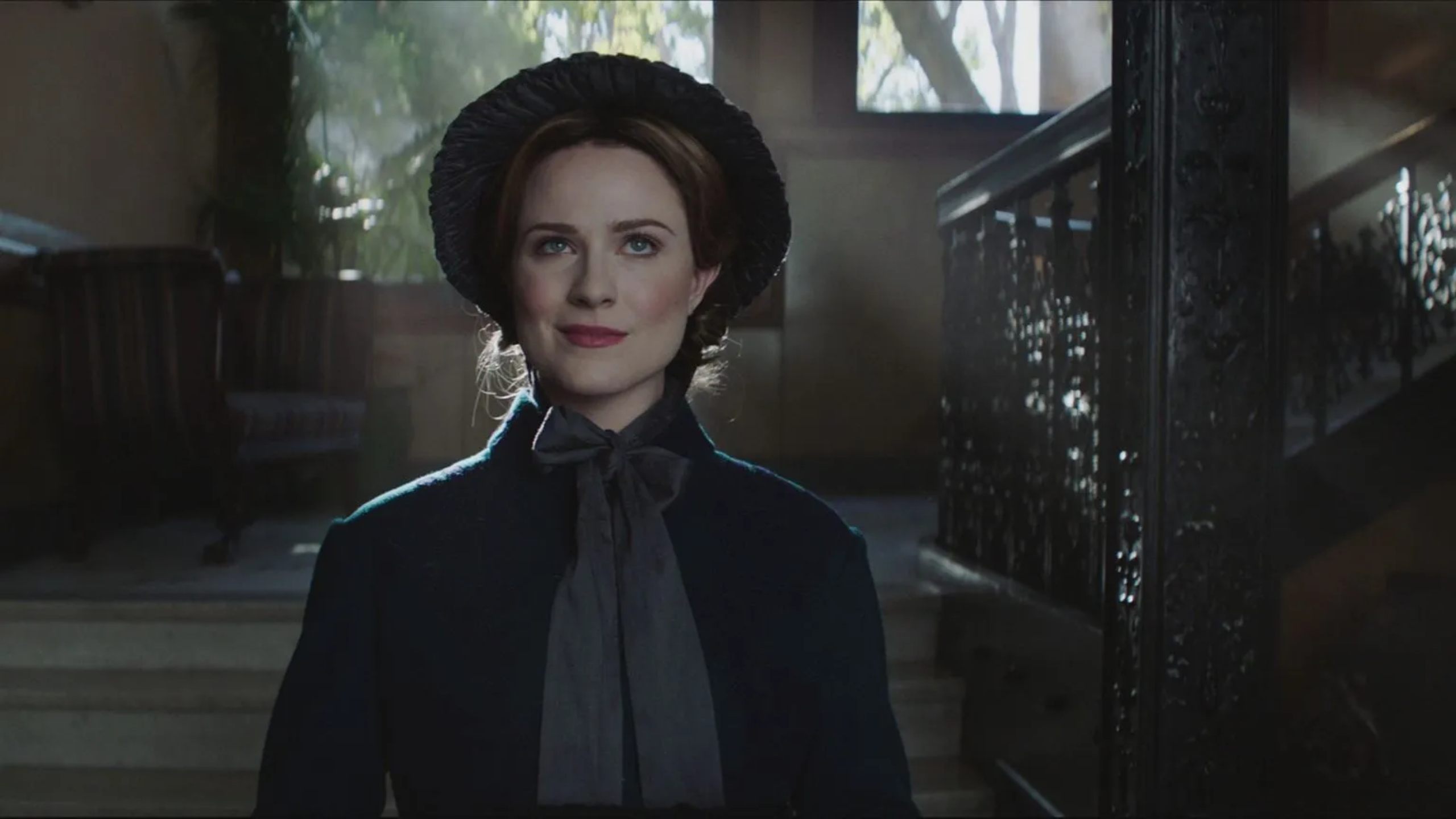
Billie Holiday
An influential jazz singer, Holiday’s emotive voice and distinct style shaped the genre, leaving an indelible mark on music and culture. Holiday’s iconic performance of “Strange Fruit” in 1939, addressing racism and lynching, marked a pivotal moment in the history of protest songs.
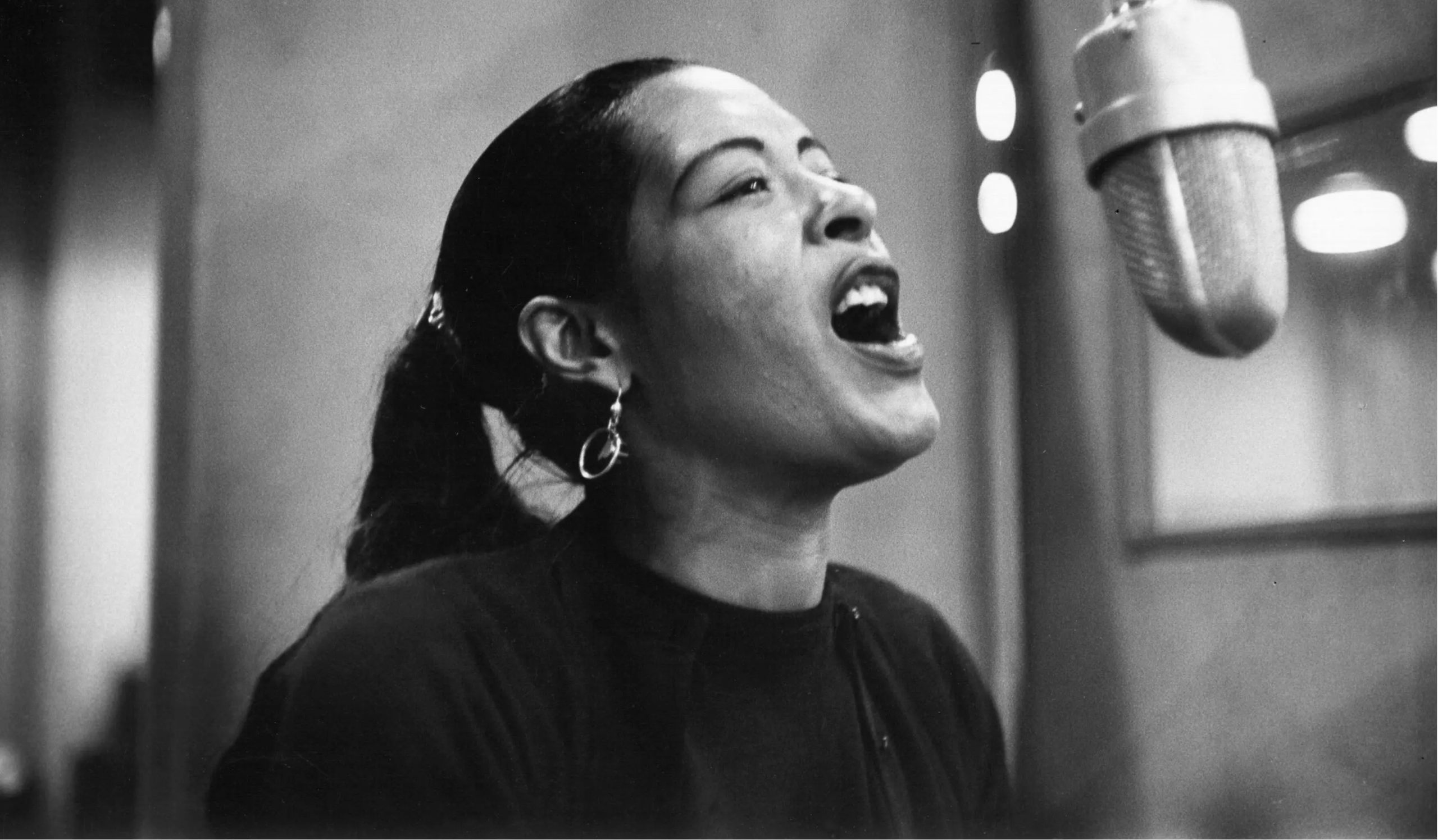
Julia Child
Revolutionizing cooking shows with her approachable demeanor and culinary expertise, Child introduced French cuisine to American households and inspired generations of home cooks. Child’s 1961 cookbook “Mastering the Art of French Cooking” and subsequent TV series introduced French cuisine to American audiences.
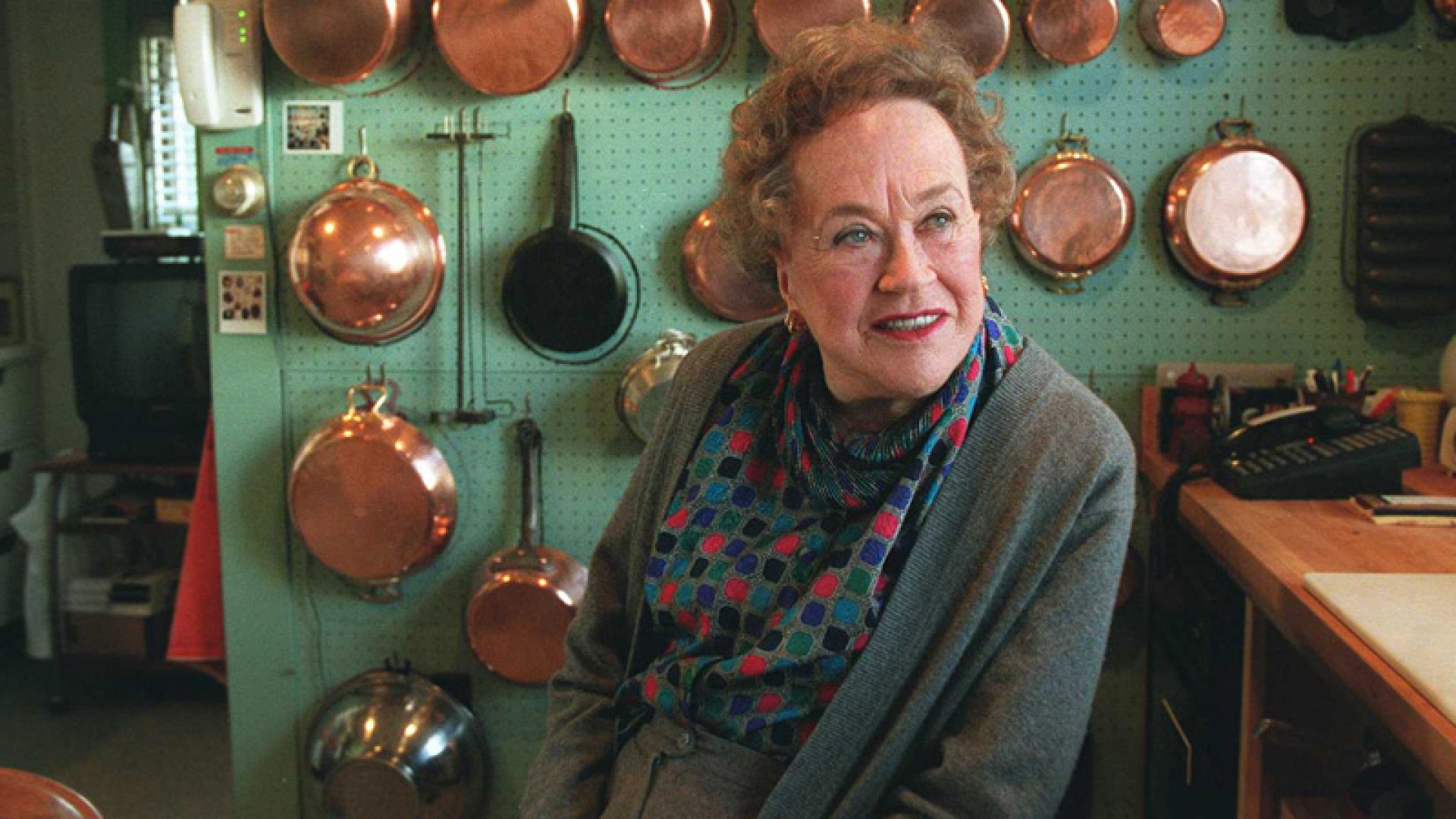
Margaret Atwood
A prolific writer known for her thought-provoking dystopian fiction, Atwood’s novels explore themes of gender, power, and societal critique, sparking important conversations. Atwood gained fame with her dystopian novel “The Handmaid’s Tale” (1985), which continues to spark discussions on gender, power, and societal control.
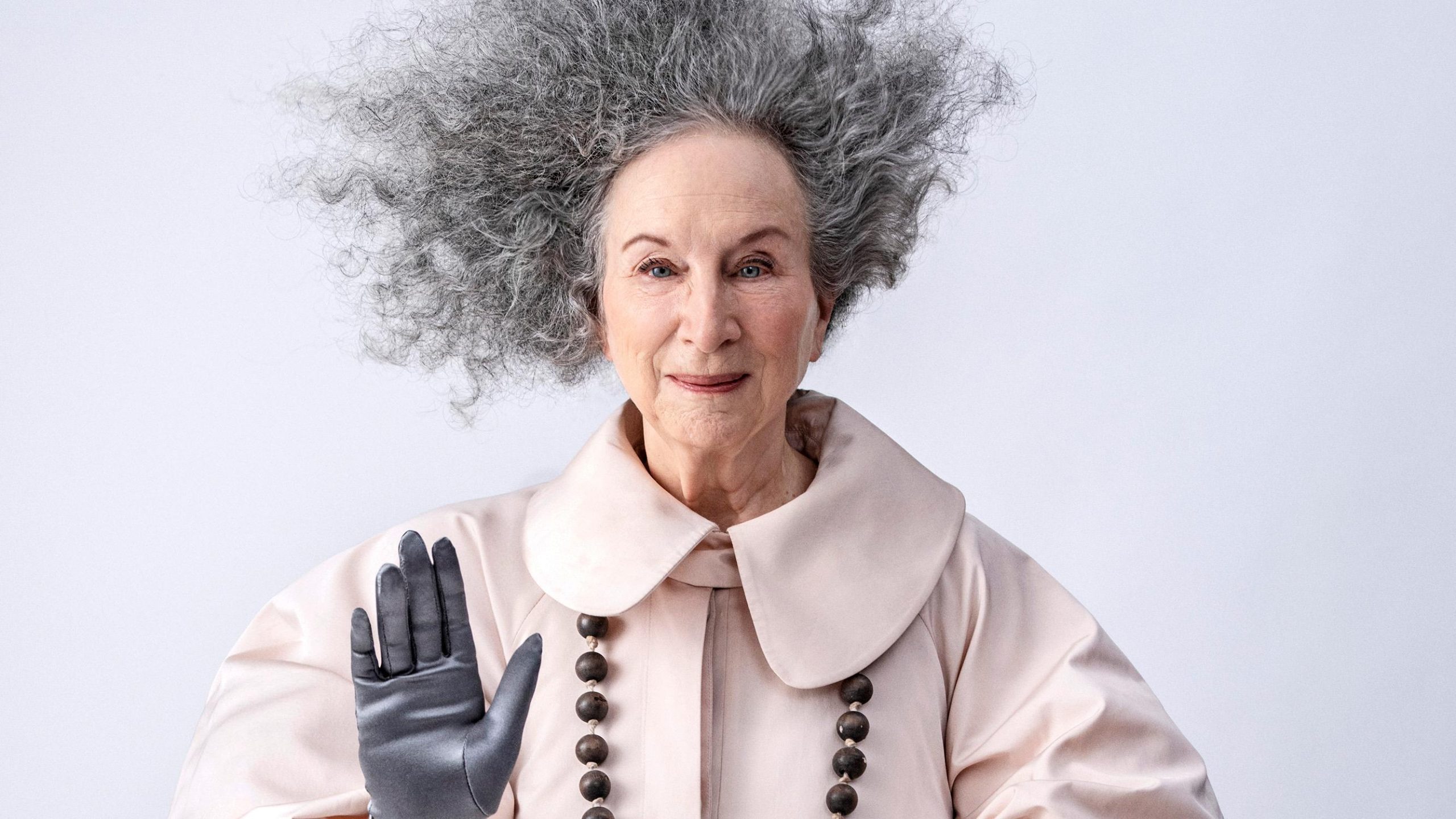
Eleanor Roosevelt
An advocate for human rights and social justice, Roosevelt’s influential role as First Lady and her tireless work in diplomacy and activism earned her a place in history. Roosevelt’s role as First Lady and her advocacy for human rights, including the Universal Declaration of Human Rights, solidified her as a champion of equality.
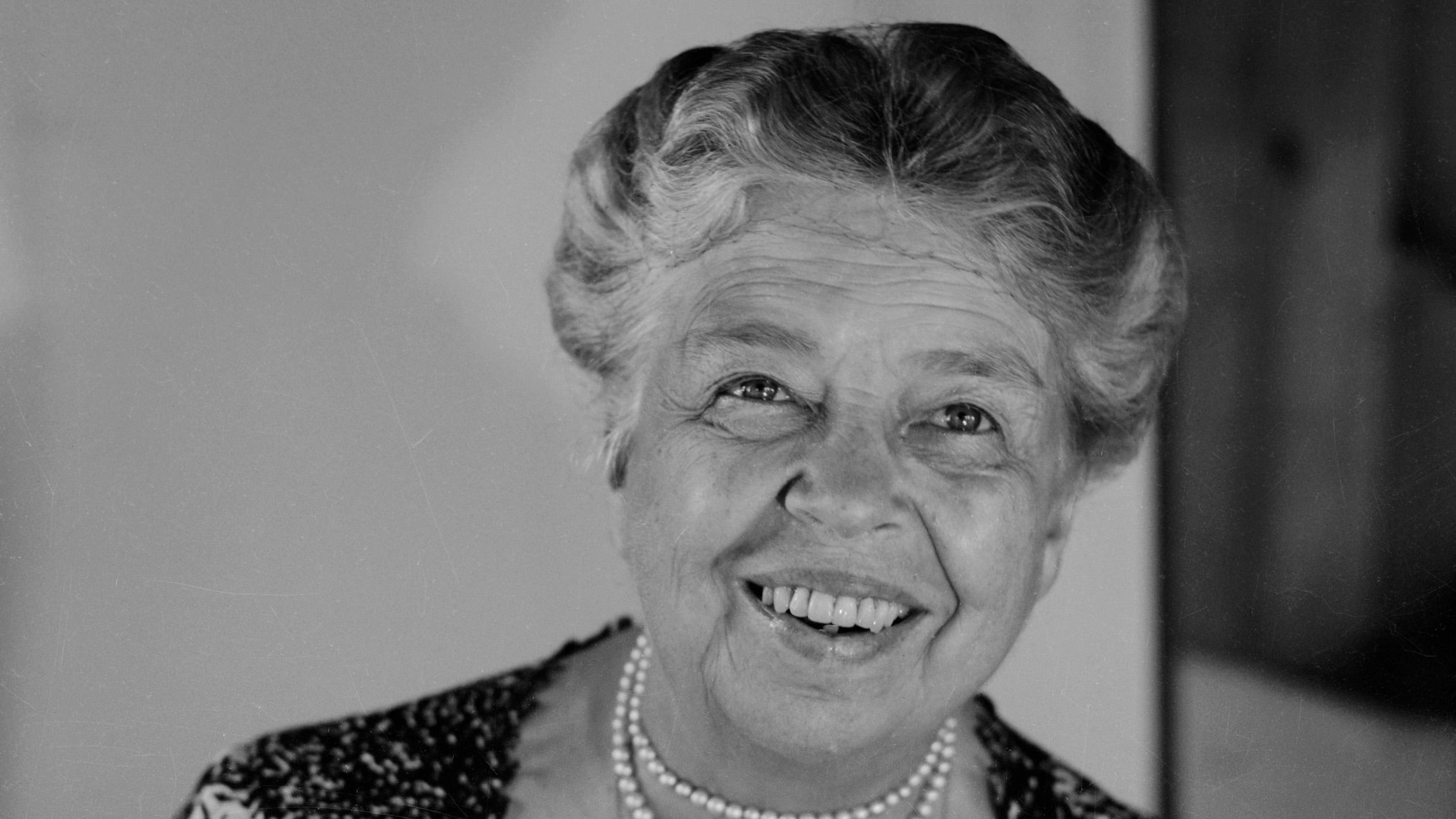
Queen Elizabeth II
The longest-reigning current monarch, Queen Elizabeth II’s steadfast dedication to her role and her adaptability in changing times have made her a symbol of continuity and tradition. Elizabeth’s ascension to the throne in 1952 and her steady leadership during periods of change have made her one of the world’s most enduring monarchs.
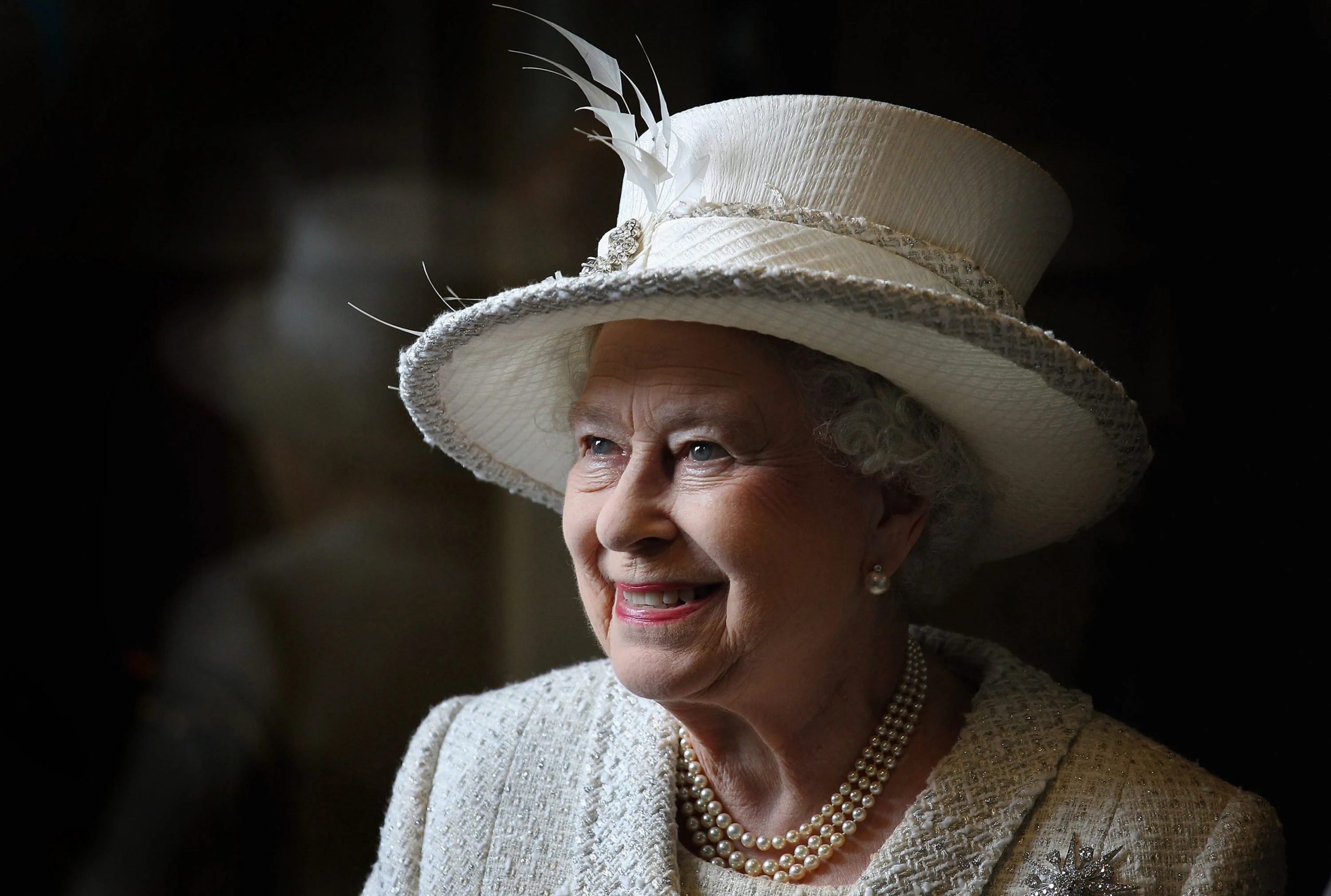
Aung San Suu Kyi
A Nobel Peace Prize laureate, Suu Kyi’s unwavering commitment to democracy and human rights in Myanmar has earned her both acclaim and criticism on the global stage. Suu Kyi’s leadership in Myanmar’s pro-democracy movement led to her house arrest and international recognition, culminating in the Nobel Peace Prize in 1991.
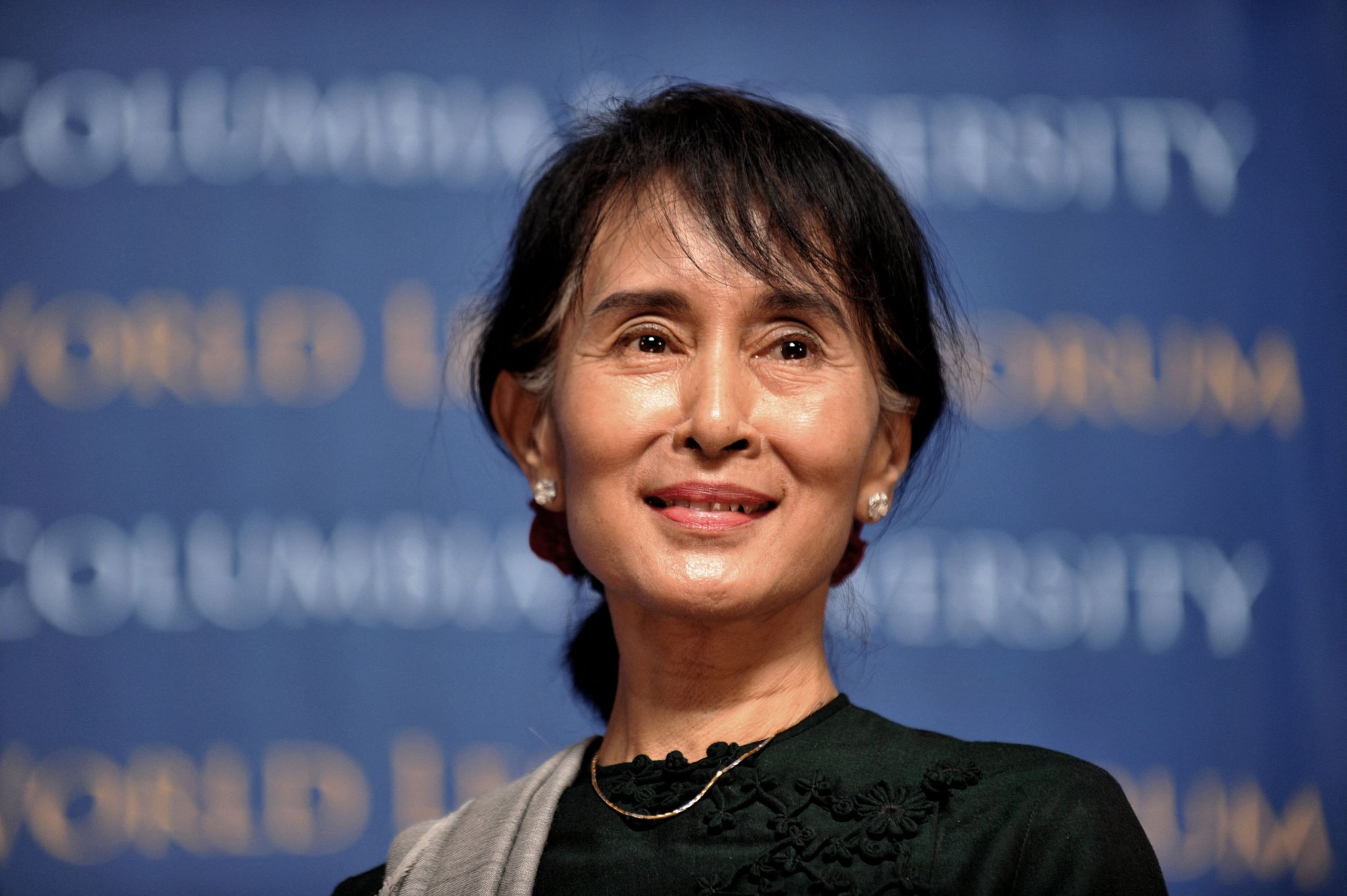
Oprah Winfrey
From talk show host to media mogul, Winfrey’s impactful conversations and philanthropic efforts have made her a powerful voice for personal growth, self-improvement, and societal change. Winfrey’s talk show “The Oprah Winfrey Show” (1986-2011) became a cultural phenomenon, tackling diverse topics and promoting self-improvement.
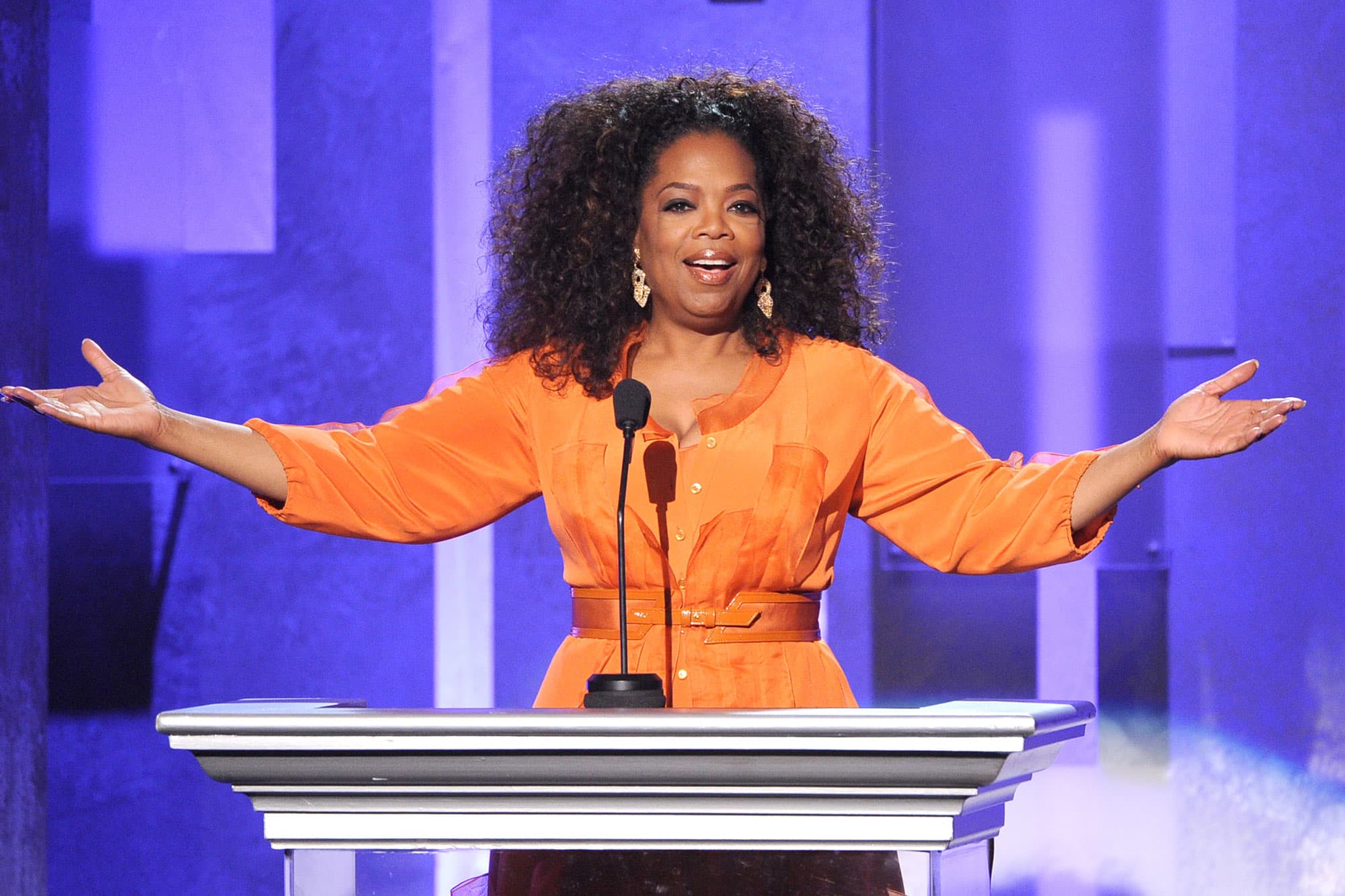
Hillary Clinton
A prominent politician and former First Lady, Clinton’s political career and advocacy for women’s rights have solidified her as a symbol of women’s empowerment. Clinton’s role as First Lady, Senator, Secretary of State, and her 2016 presidential campaign made her a prominent figure in American politics.
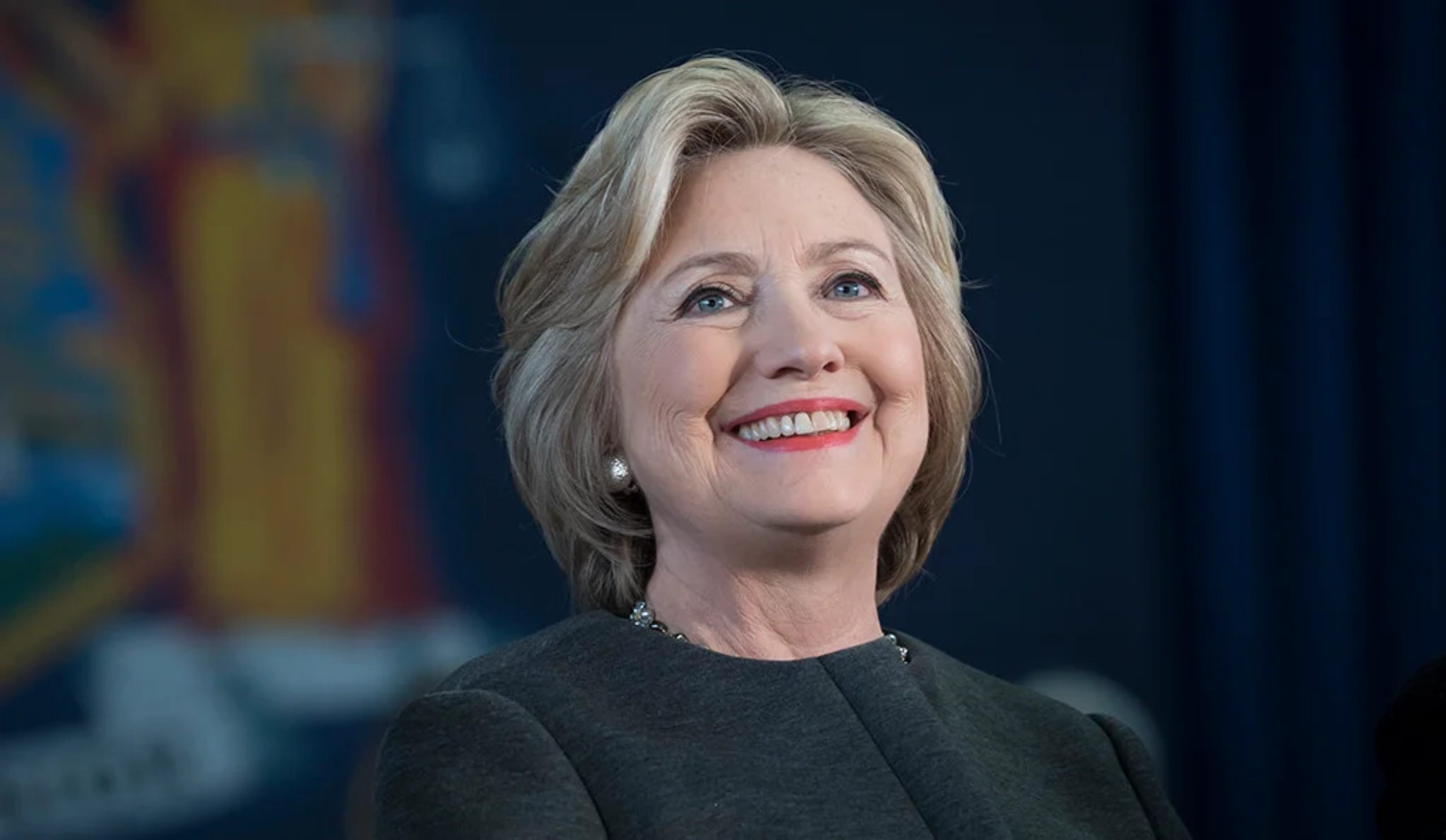
Virginia Woolf
A literary pioneer, Woolf’s innovative narrative techniques and exploration of inner consciousness have influenced modern literature and feminist thought. Woolf’s 1927 novel “To the Lighthouse” marked her distinctive narrative style and exploration of consciousness, establishing her as a modernist literary pioneer.
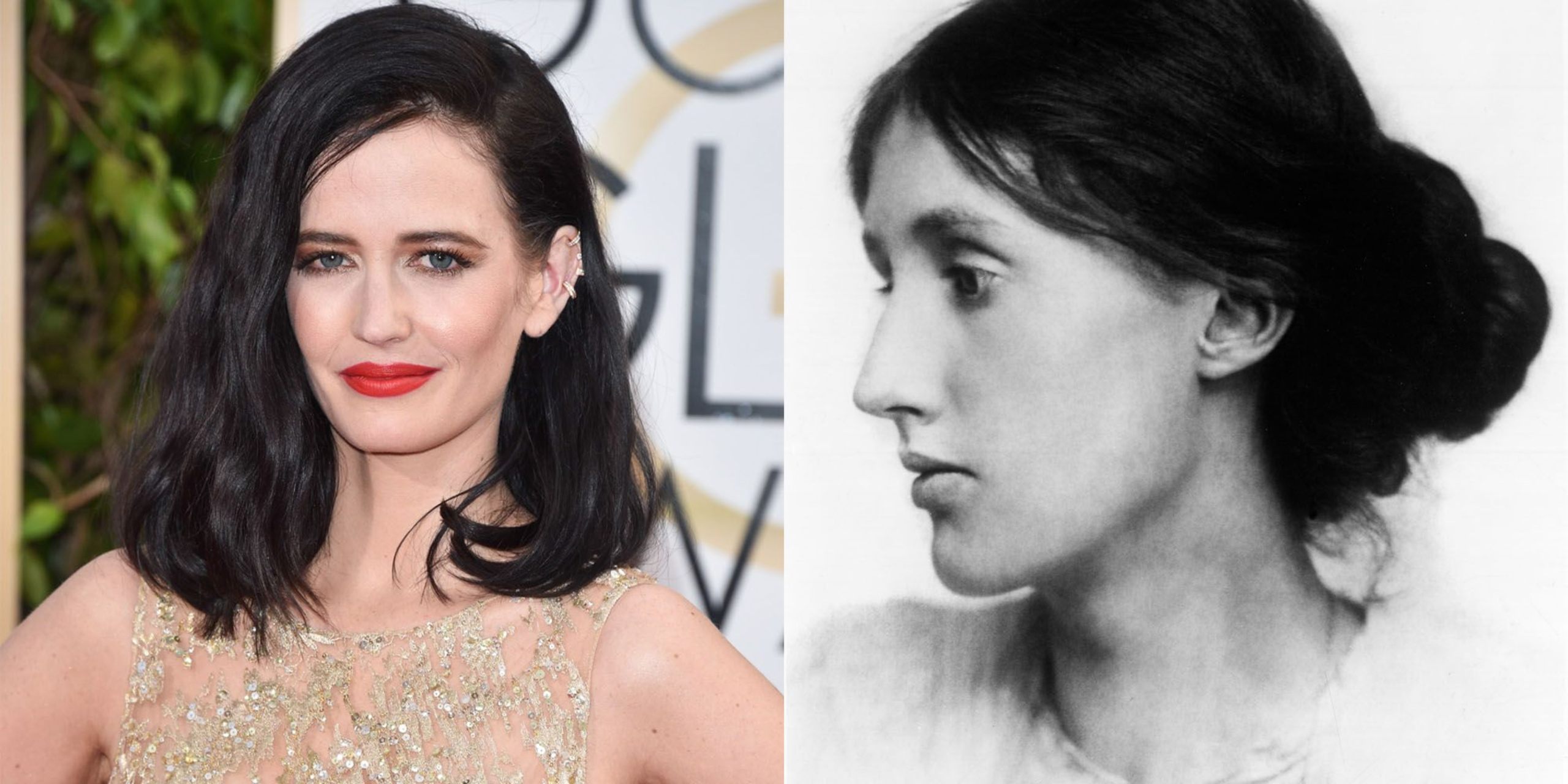
Harriet Tubman
As a conductor on the Underground Railroad, Tubman’s bravery and determination helped lead countless enslaved people to freedom, cementing her legacy as a symbol of resistance. Tubman’s courageous efforts as a “conductor” on the Underground Railroad, helping enslaved individuals escape to freedom, marked her as a symbol of resistance.
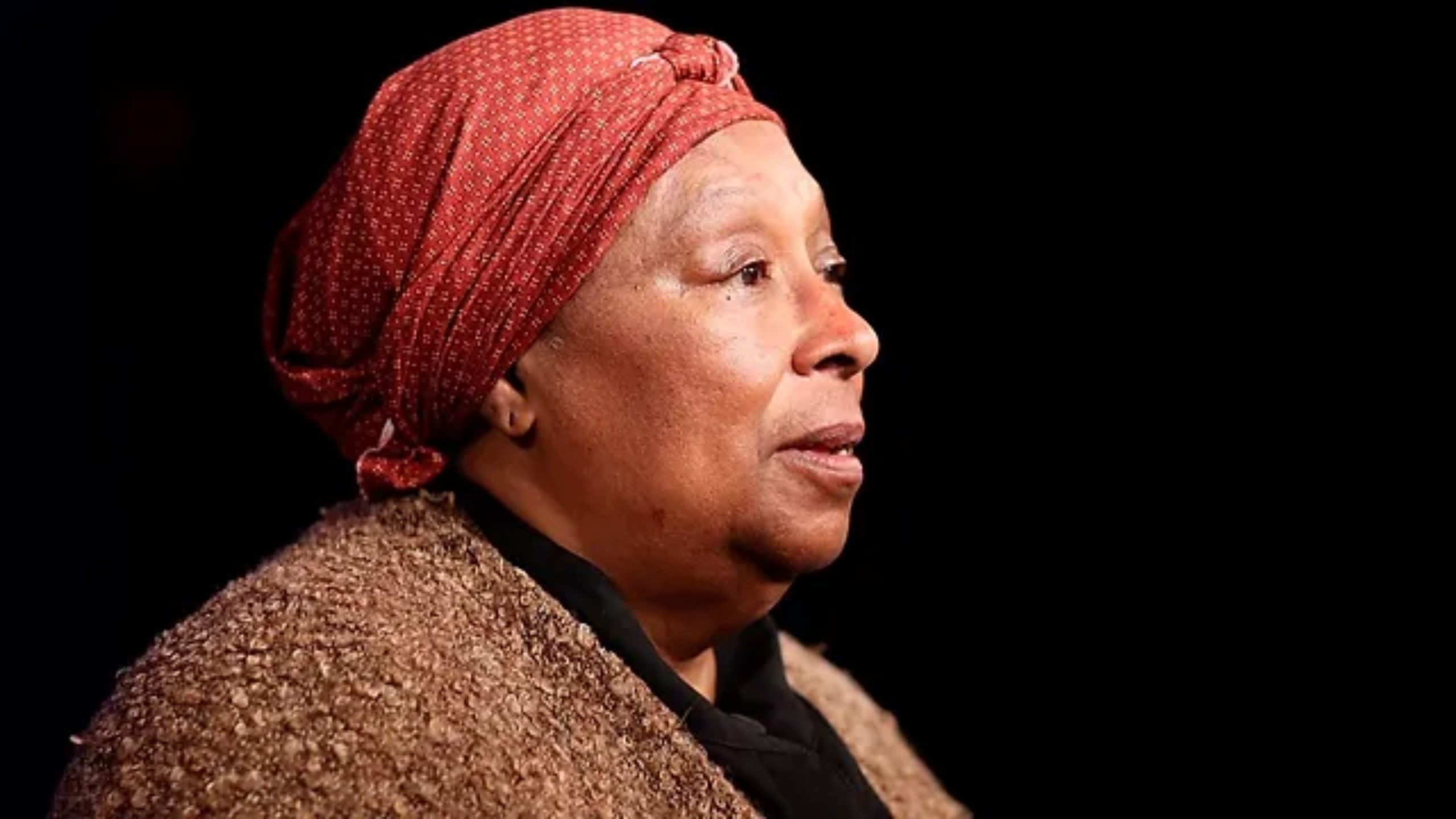
Rosa Parks
Her refusal to give up her bus seat ignited the Montgomery Bus Boycott and the civil rights movement, sparking a wave of activism and change. Parks’ refusal to give up her bus seat in 1955 sparked the Montgomery Bus Boycott and became a catalyst for the civil rights movement.
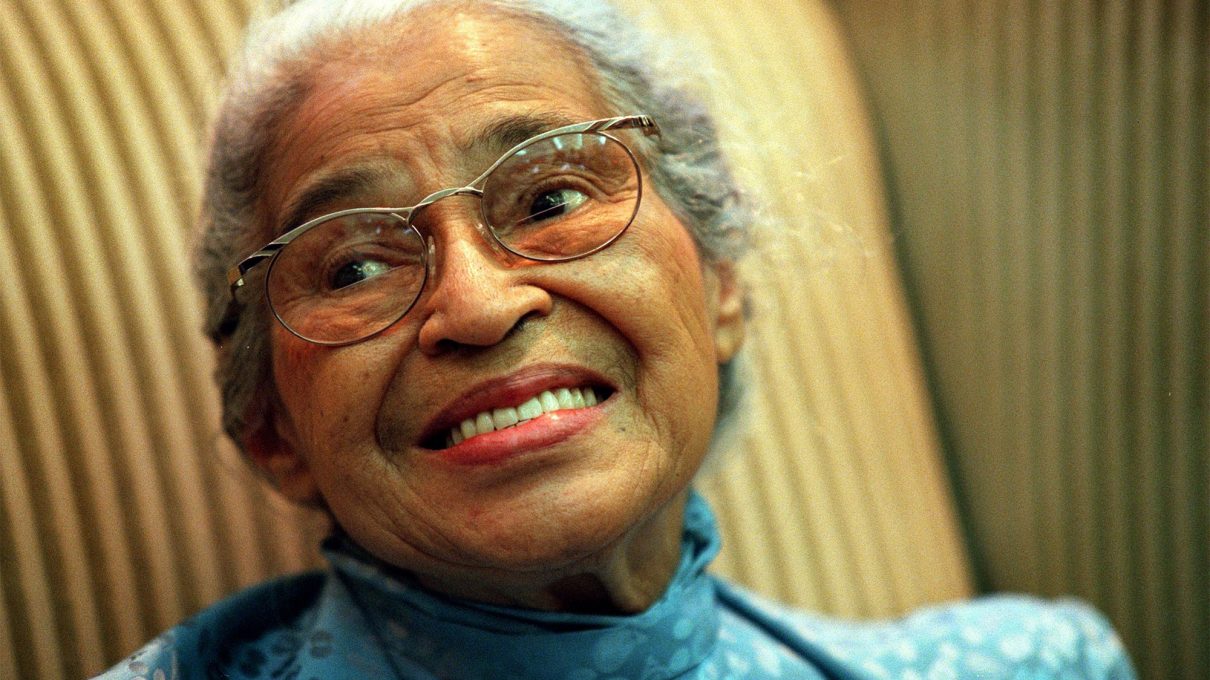
Marie Antoinette
The last Queen of France, Antoinette’s life and tragic fate have captivated history enthusiasts, offering insights into the opulence and upheaval of pre-revolutionary France. As Queen of France, Marie Antoinette’s extravagant lifestyle and eventual execution during the French Revolution have contributed to her enduring fascination.
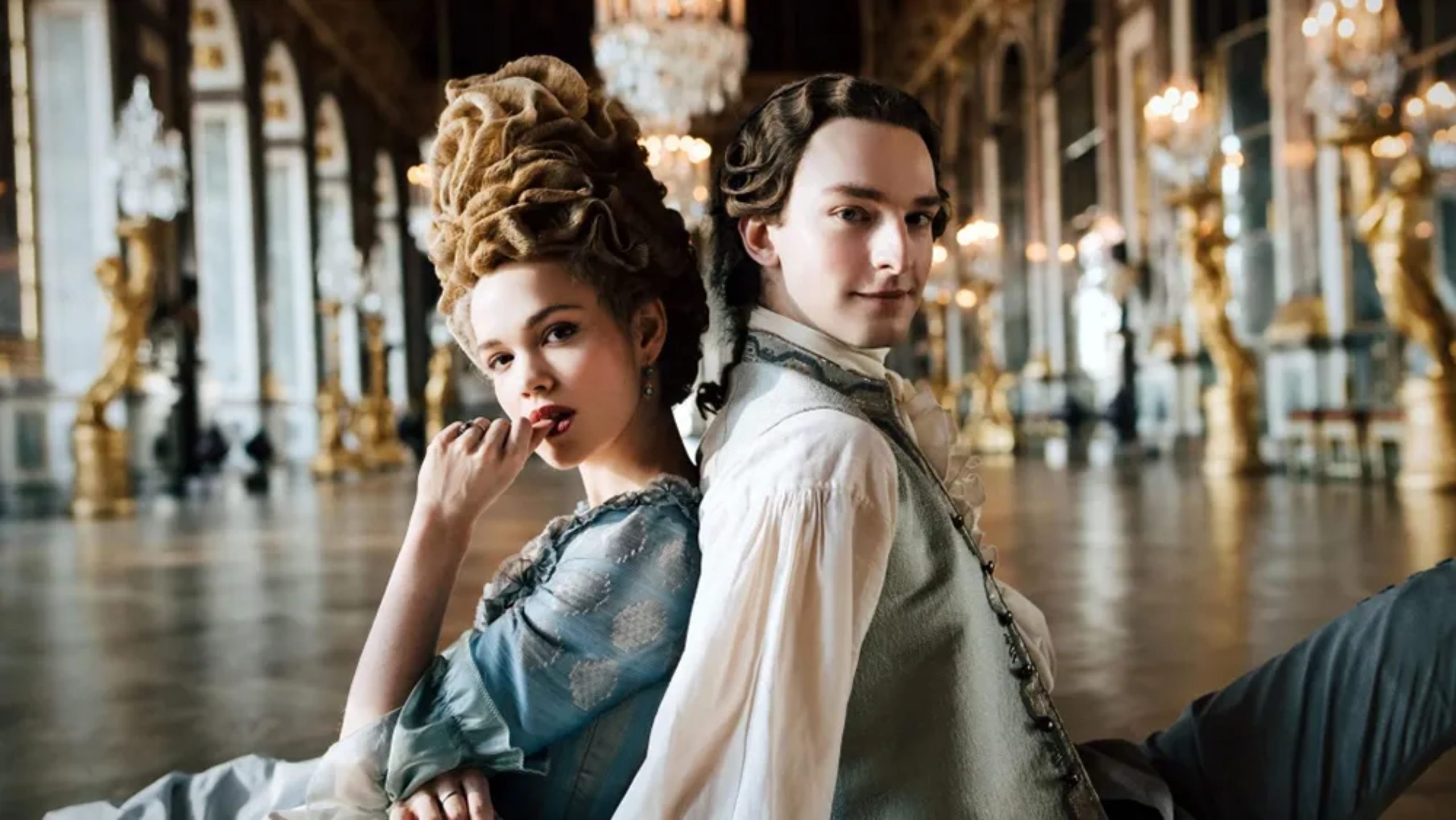
Ellen DeGeneres
A trailblazing comedian and talk show host, DeGeneres’s openness about her sexuality and her commitment to kindness have left a positive impact on both entertainment and LGBTQ+ representation. DeGeneres came out as gay on her sitcom “Ellen” in 1997, marking a milestone for LGBTQ+ representation in mainstream media.
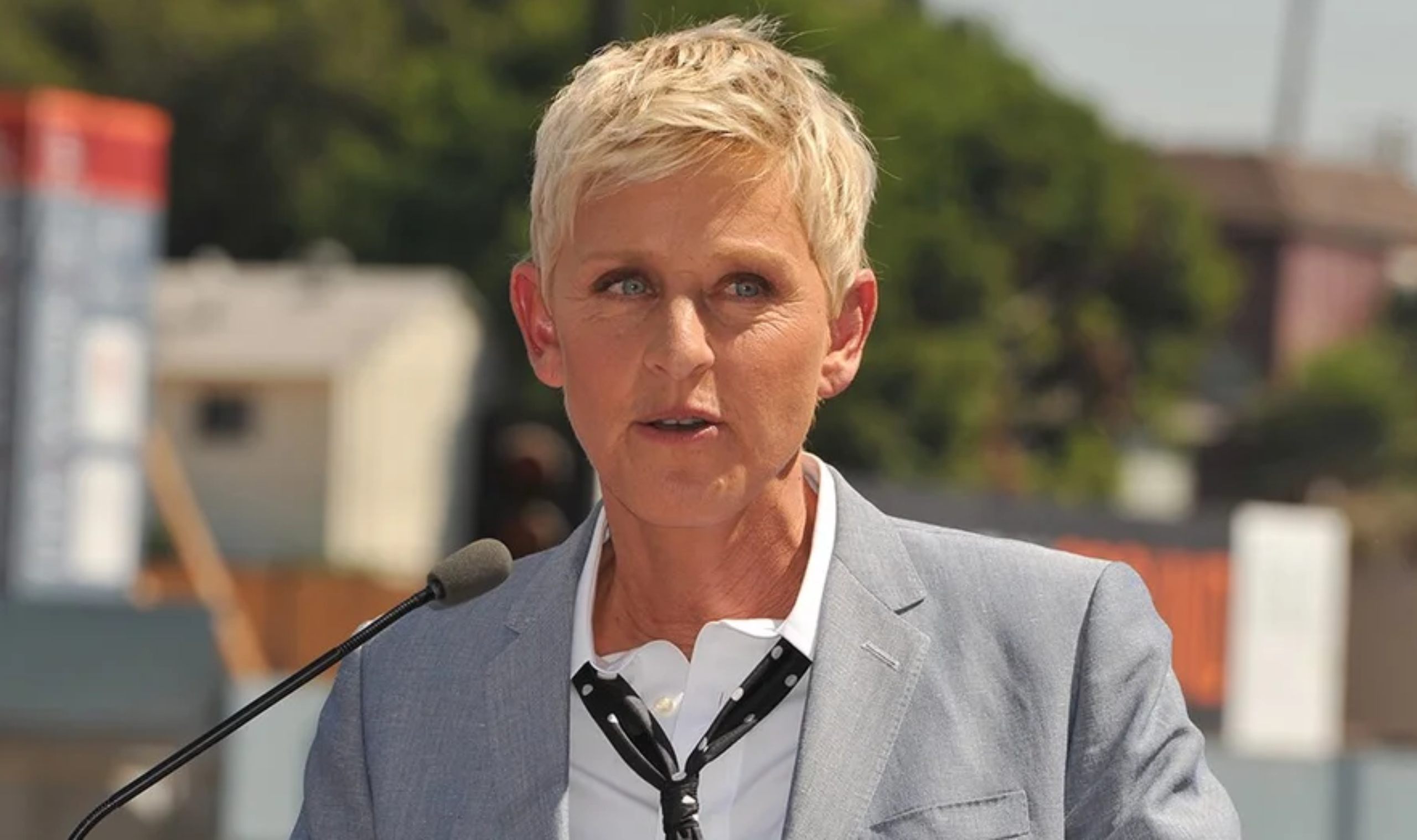
Nancy Reagan
As First Lady, Reagan’s advocacy for drug prevention and Alzheimer’s awareness showcased her influence and dedication to important social causes. Reagan’s “Just Say No” campaign in the 1980s highlighted her advocacy for drug prevention and her influential role as First Lady.
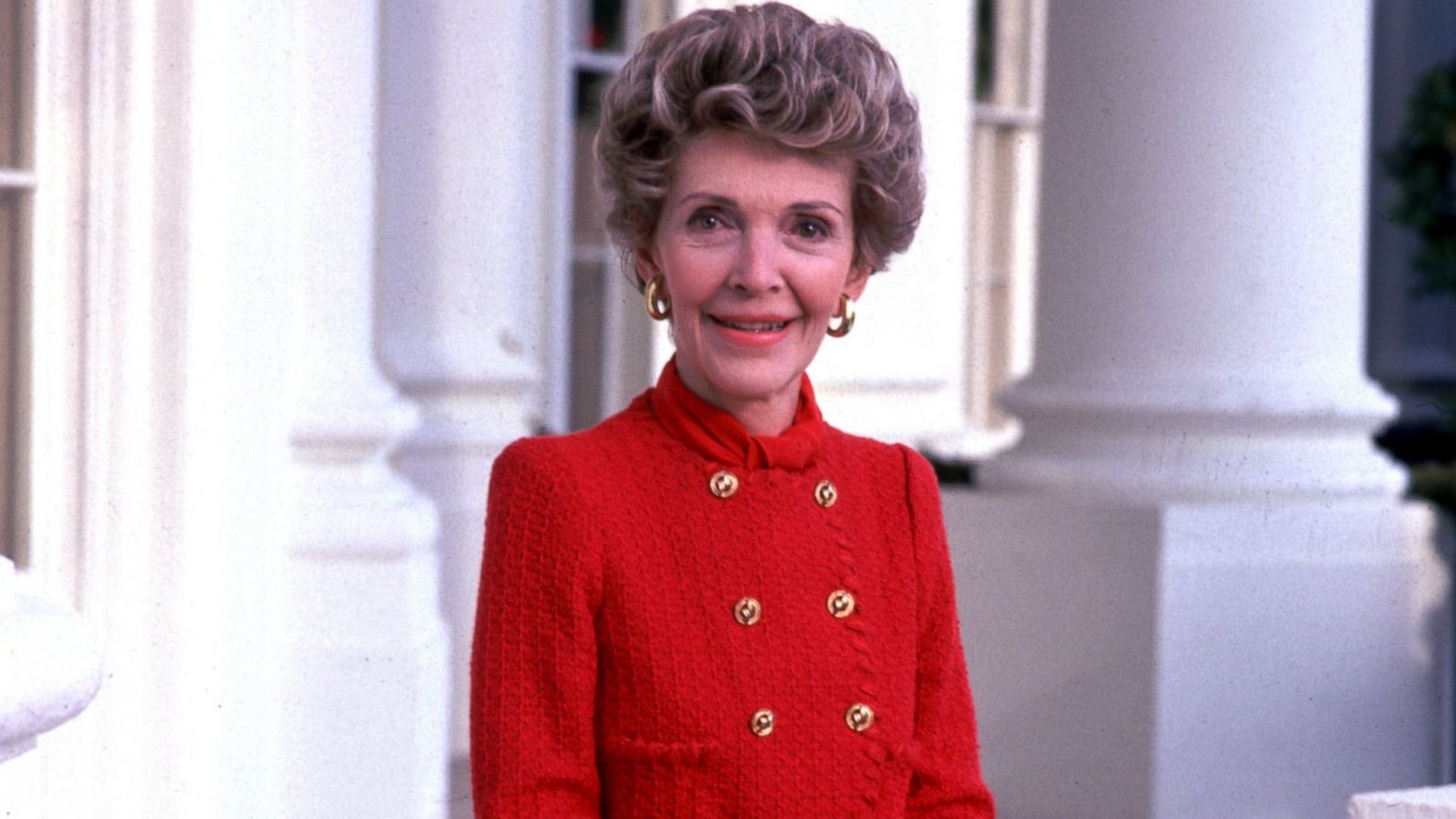
Ada Lovelace
Widely considered the world’s first computer programmer, Lovelace’s visionary insights laid the foundation for modern computing and artificial intelligence. Lovelace’s notes on Charles Babbage’s Analytical Engine in the 1840s are considered the world’s first computer program, establishing her as a pioneer in computing.
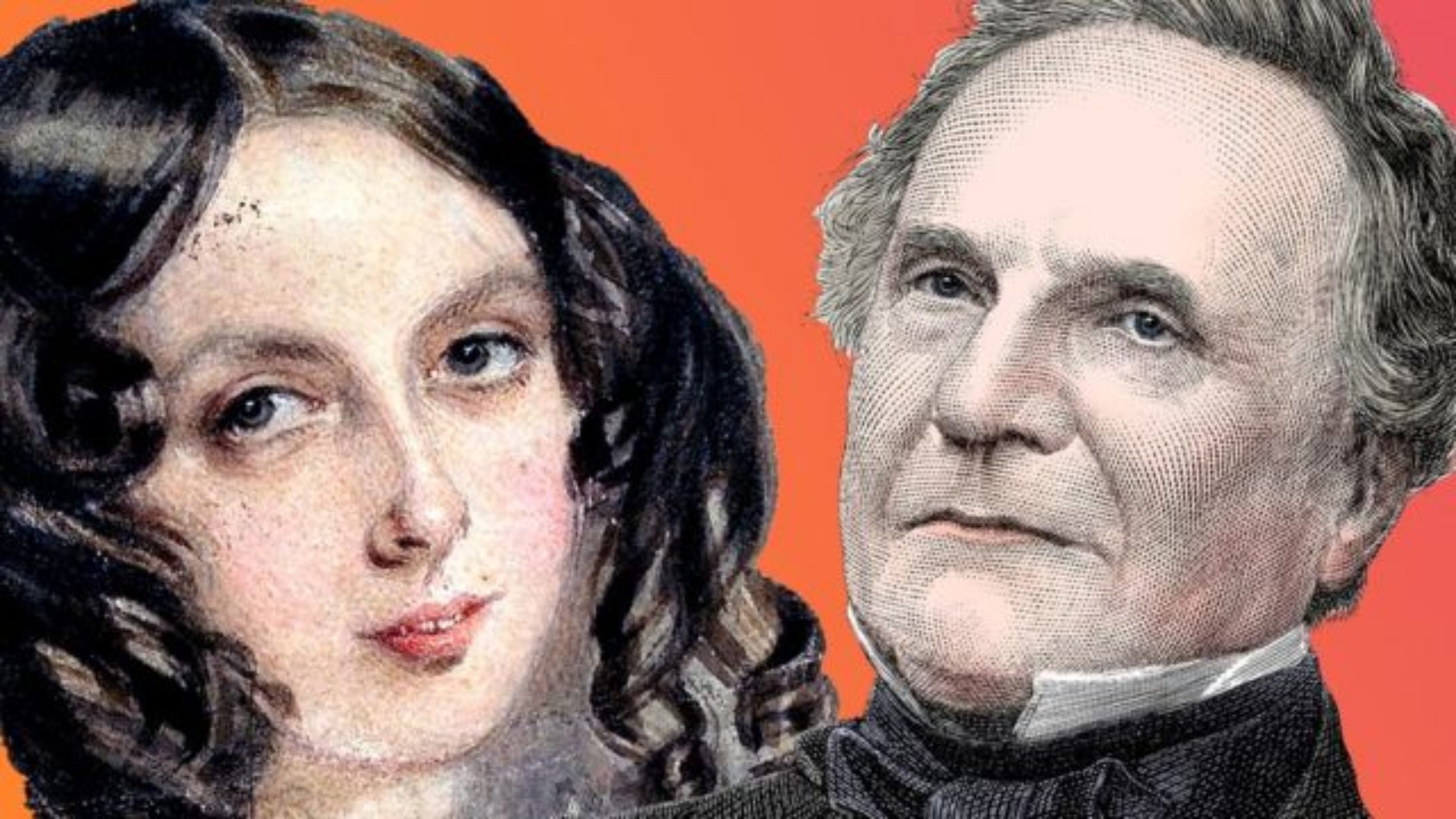
Anne Hathaway
A versatile actress, Hathaway’s talent and range in film have earned her critical acclaim and widespread recognition across various genres. Hathaway’s breakthrough role in “The Princess Diaries” (2001) launched her career, and her versatility in roles has solidified her status as a respected actress.
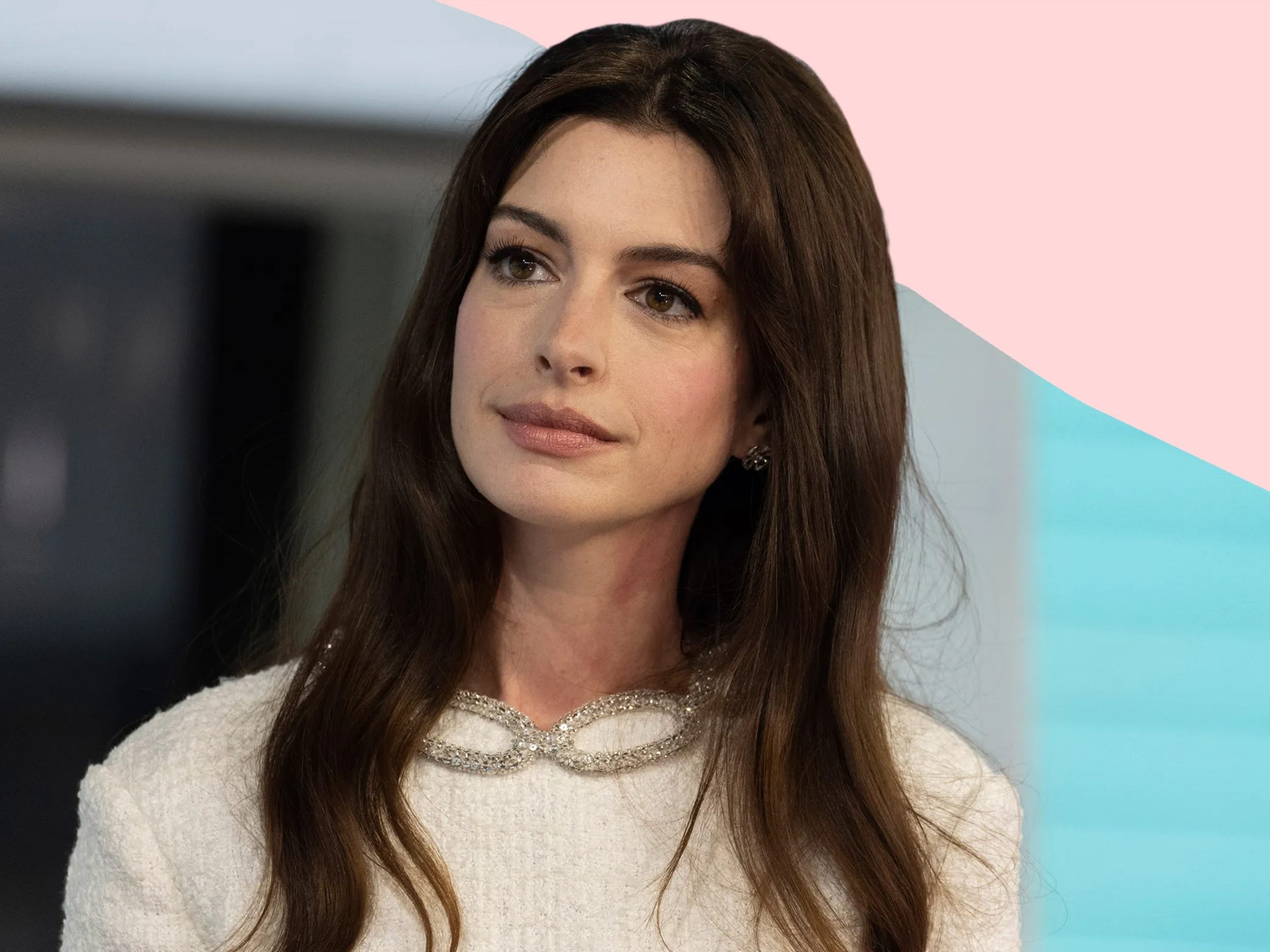
Queen Victoria
Her lengthy reign and the significant changes that occurred during it, such as the Industrial Revolution, have solidified Queen Victoria’s impact on British and global history. Victoria’s reign (1837-1901) saw the expansion of the British Empire and significant societal changes during the Victorian era.
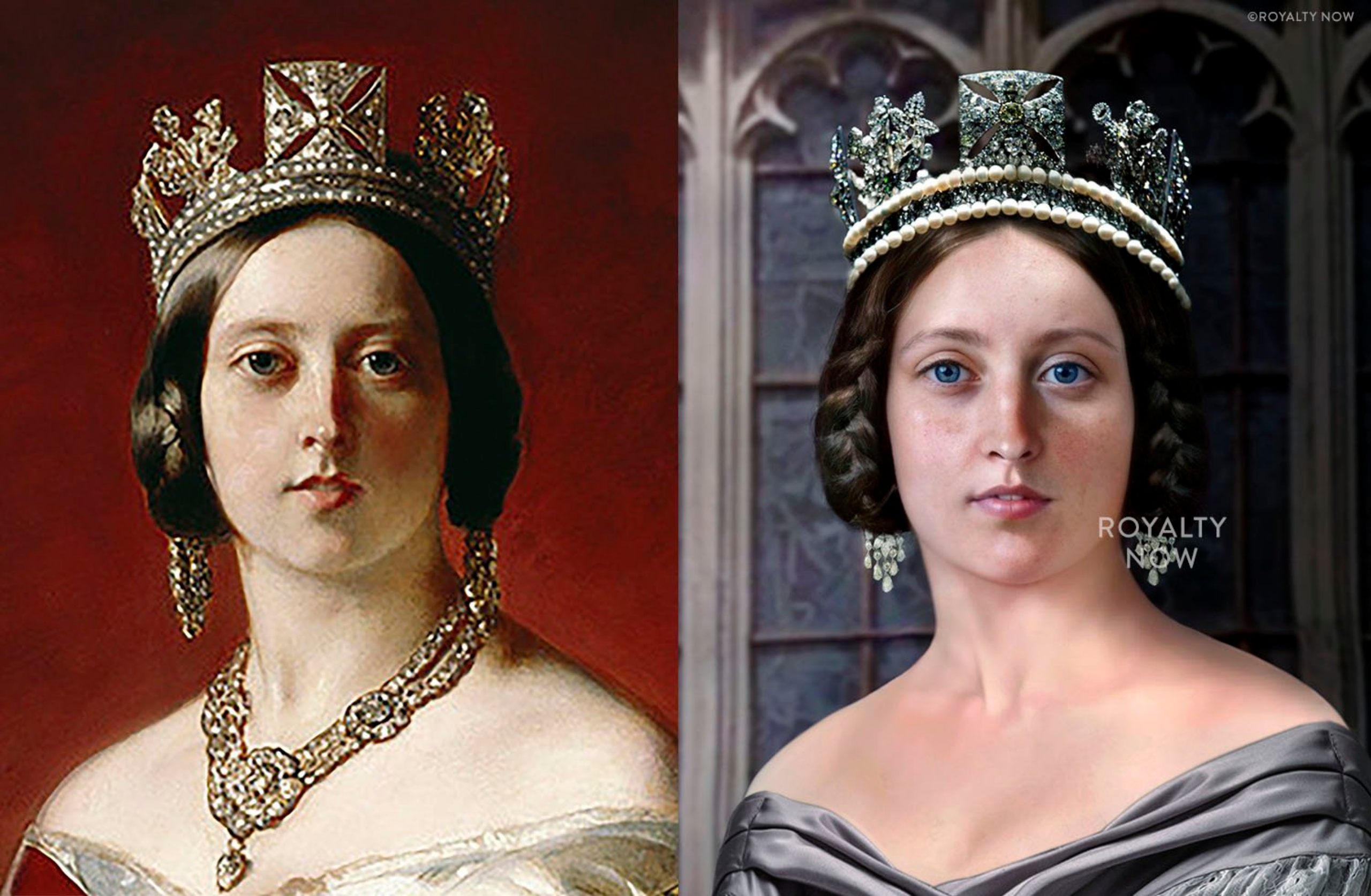
Sylvia Plath
An influential poet and novelist, Plath’s candid exploration of mental health, identity, and womanhood continues to resonate with readers worldwide. Plath’s publication of “The Bell Jar” (1963) and her tragic suicide in 1963 drew attention to her intense exploration of mental health in her writings.
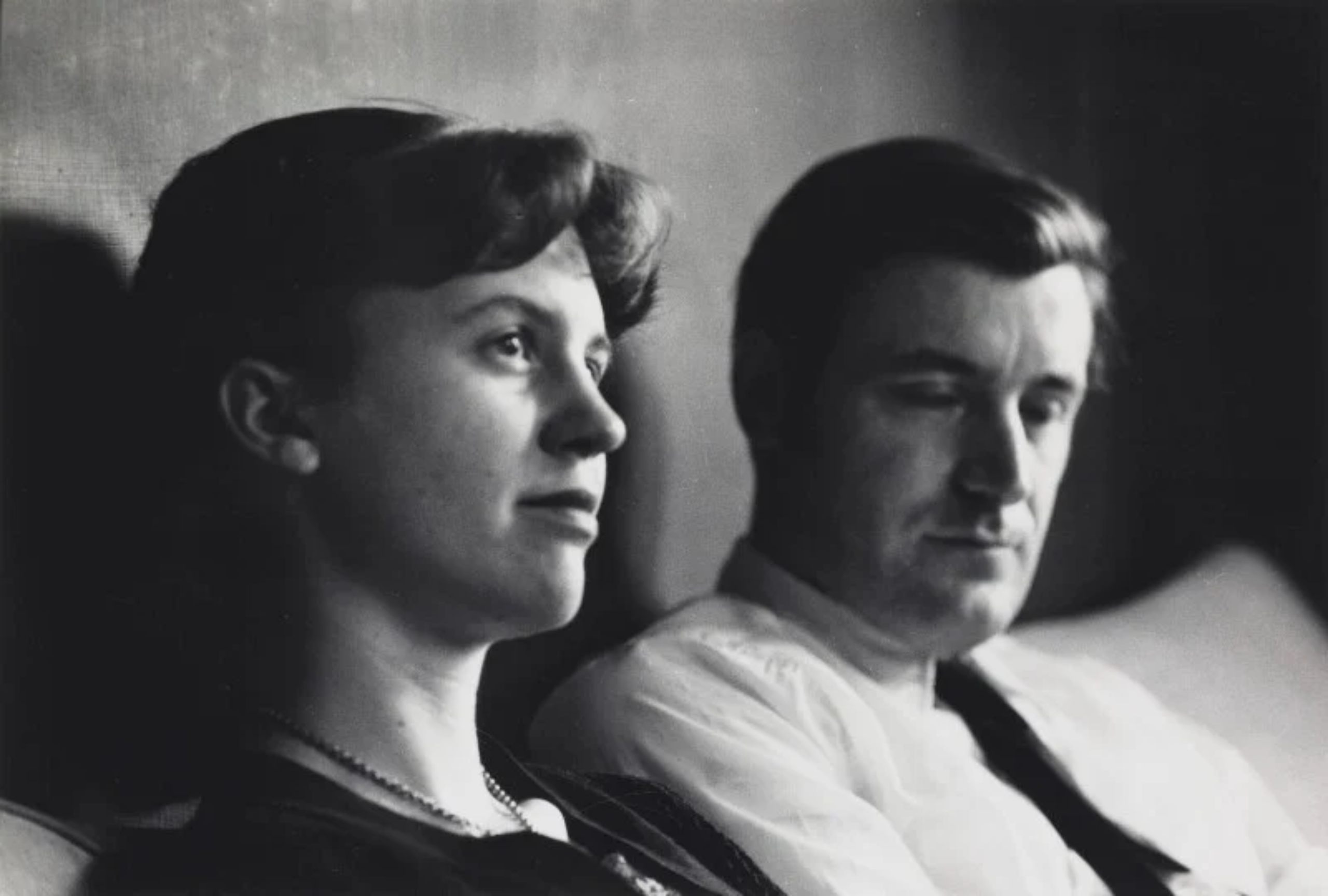
Ellen Johnson Sirleaf
Becoming the first female elected head of state in Africa, Sirleaf’s leadership as the President of Liberia marked a significant step forward for gender equality and governance. Sirleaf’s election as Liberia’s President in 2005 marked her as Africa’s first female head of state, showcasing her dedication to democracy and development.
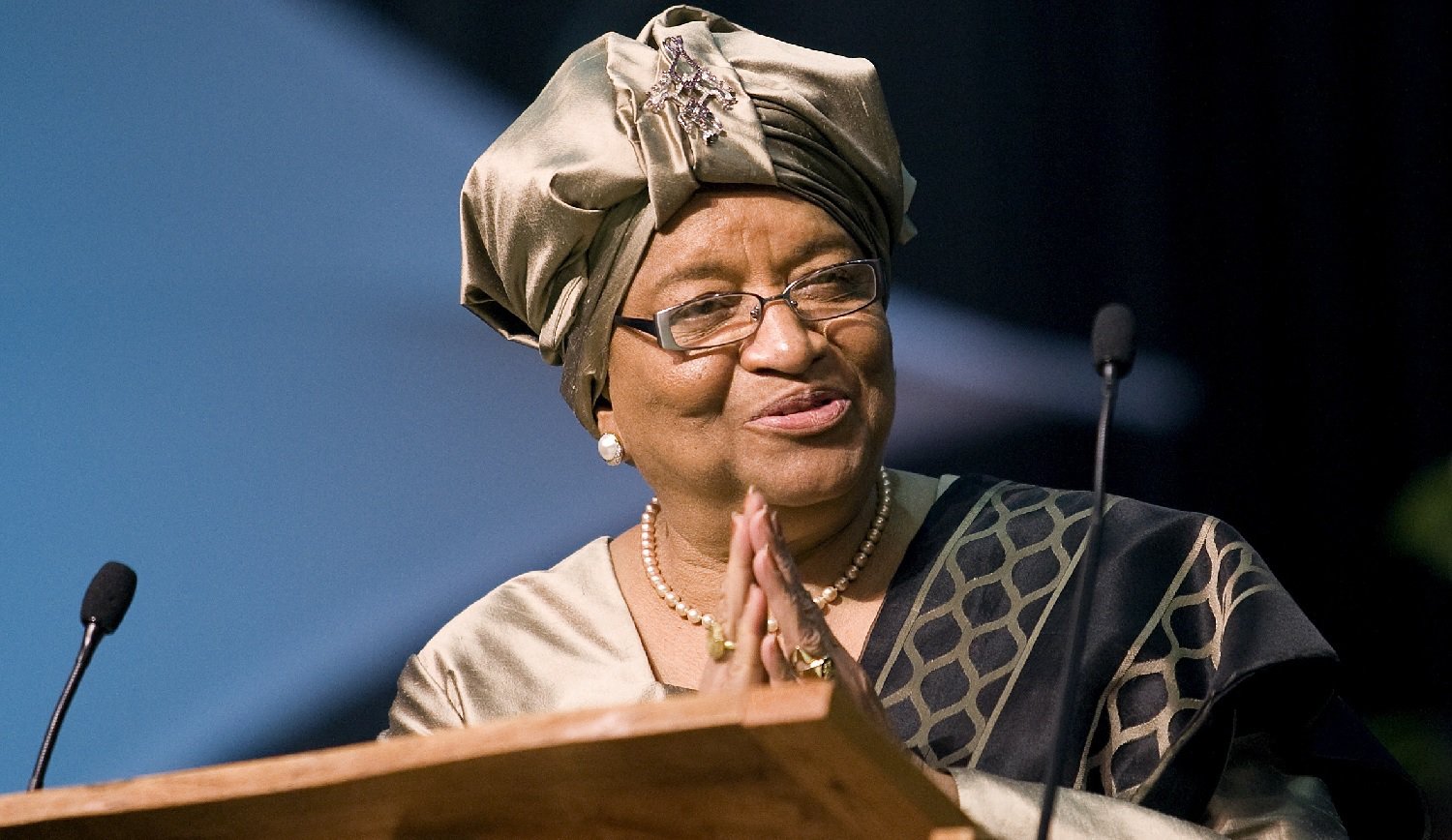
Dorothy Parker
A sharp-witted writer and critic, Parker’s acerbic humor and insightful commentary on society and relationships set her apart as a literary icon. Parker’s wit and incisive commentary in the early 20th century set her apart as a prominent writer and critic in literary and cultural circles.
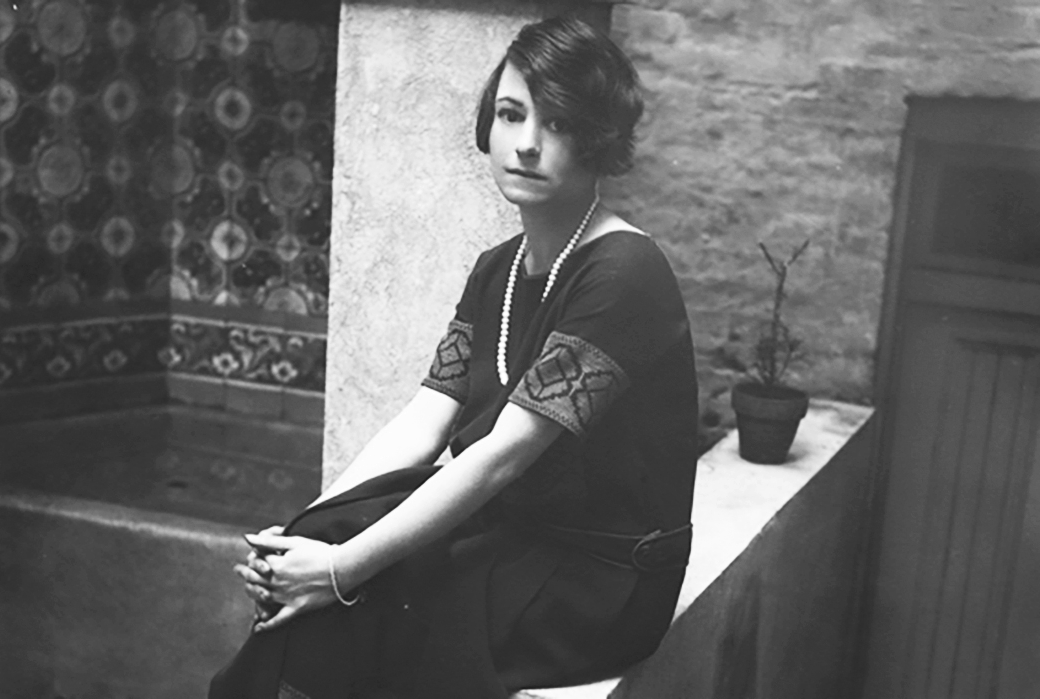
Beyoncé
A powerhouse entertainer, Beyoncé’s artistic innovation and advocacy for social justice have elevated her to a global icon, inspiring discussions about race, feminism, and representation. Beyoncé’s album “Dangerously in Love” (2003) marked her transition to a solo artist, and her subsequent work as a singer, actress, and activist has garnered global attention.

Golda Meir
As Israel’s first female Prime Minister, Meir’s leadership during a challenging era of conflict solidified her legacy as a strong and determined political figure. Meir’s election as Israel’s Prime Minister in 1969 marked a significant milestone for women in leadership roles and her leadership during the Yom Kippur War.
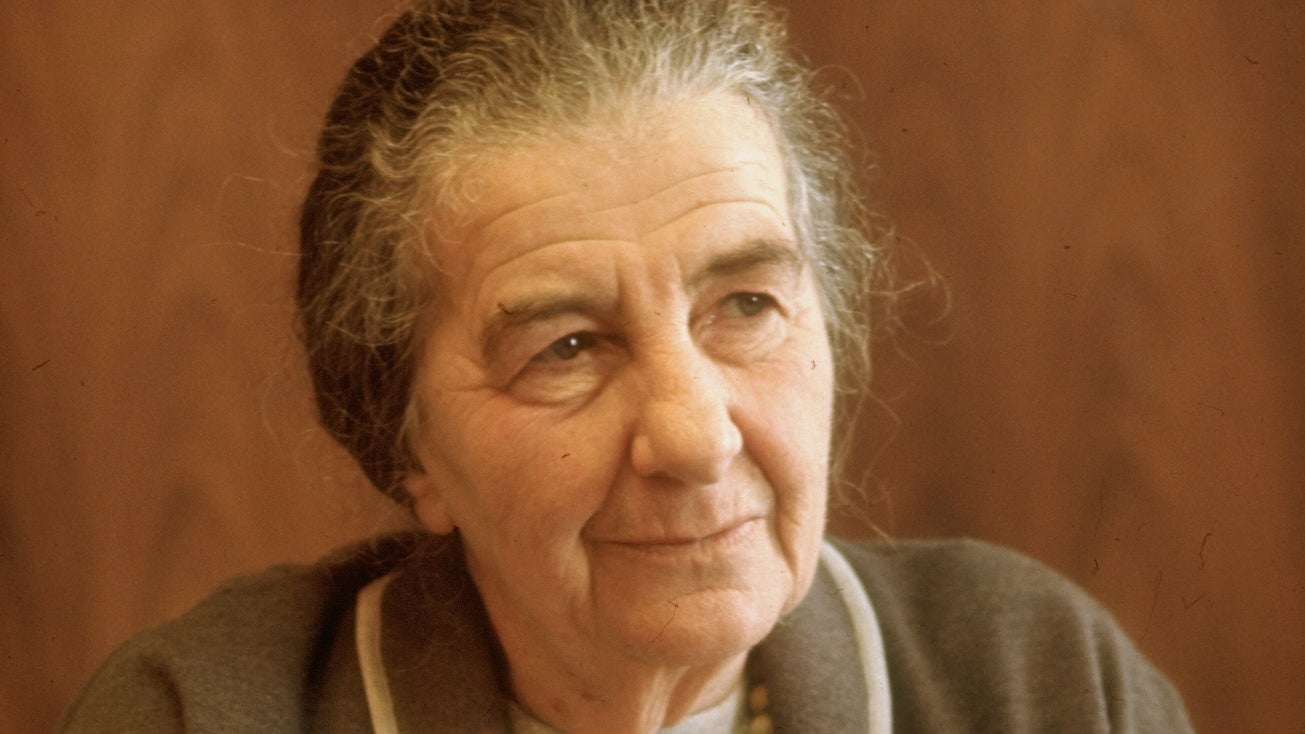
Clara Barton
A pioneering nurse and humanitarian, Barton’s efforts to provide aid during the Civil War led to the establishment of the American Red Cross, saving countless lives. Barton’s role in providing aid during the Civil War and her founding of the American Red Cross in 1881 established her legacy as a humanitarian.
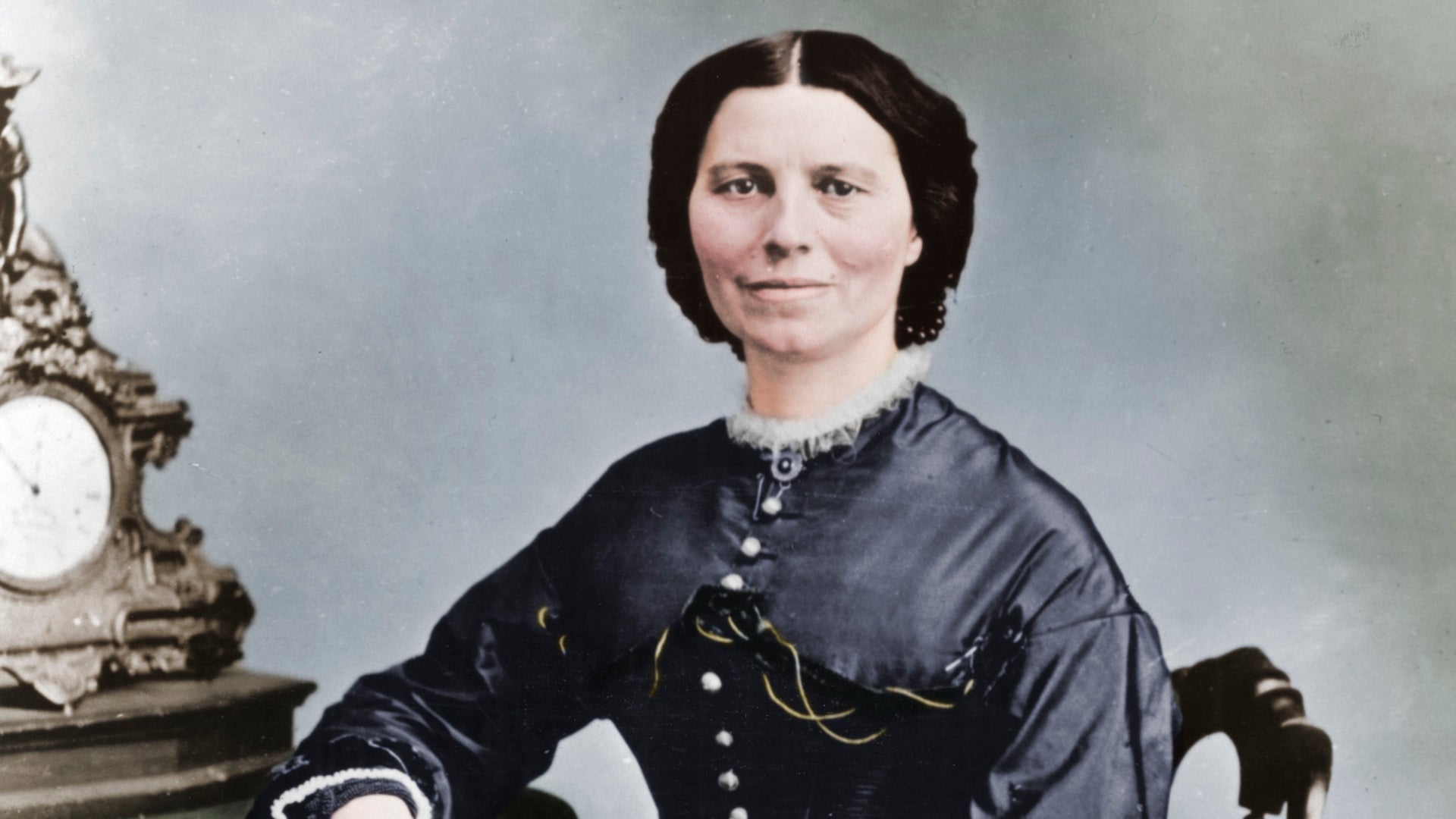
Judy Garland
An iconic actress and singer, Garland’s role in “The Wizard of Oz” and her emotive vocal performances have made her a beloved figure in entertainment history. Garland’s portrayal of Dorothy in “The Wizard of Oz” (1939) catapulted her to fame, and her musical talents endeared her to audiences worldwide.
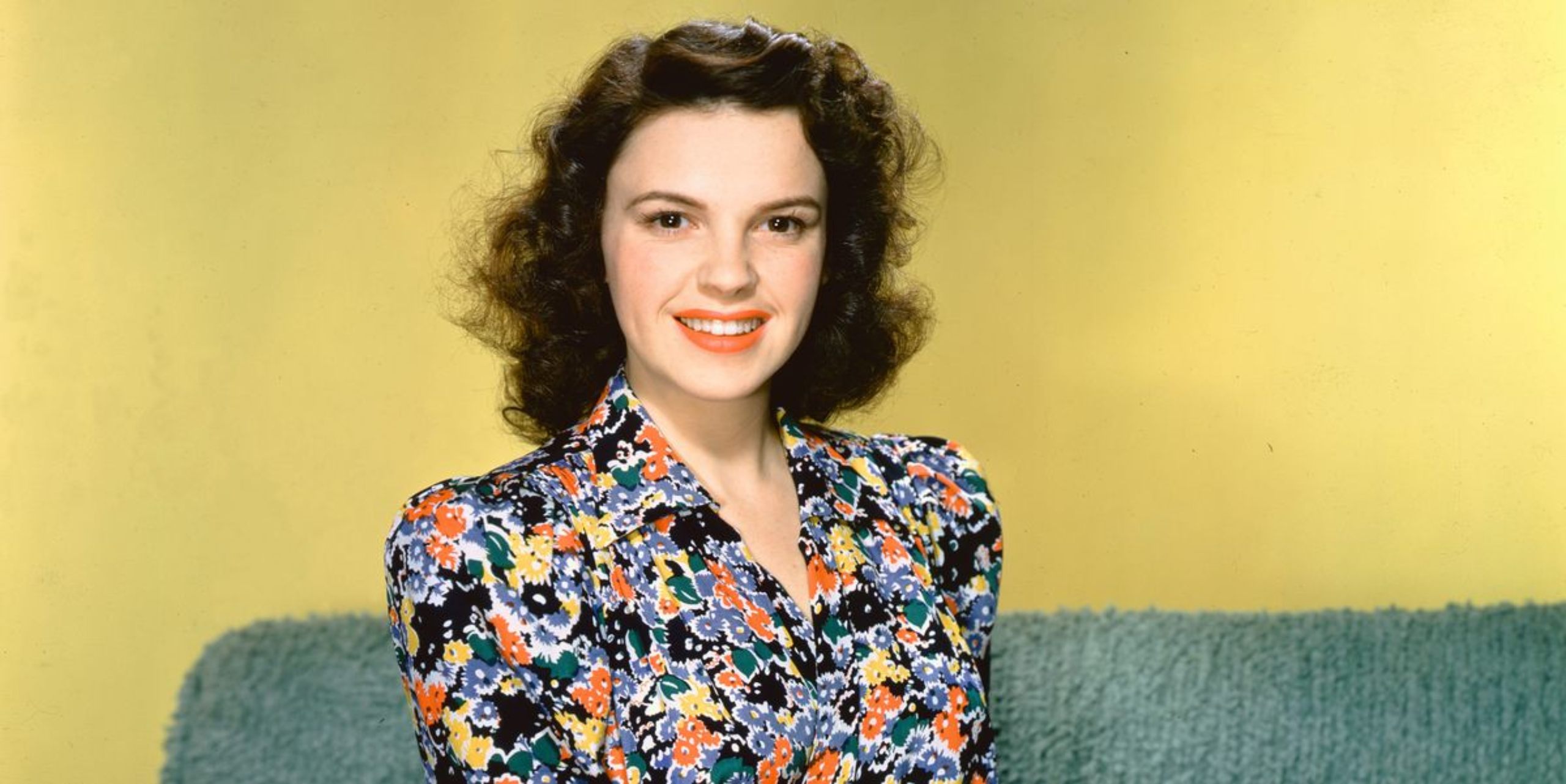
Angelina Jolie
Combining acting talent with humanitarian efforts, Jolie’s advocacy for refugees and human rights has brought attention to critical global issues. Jolie’s acting success was matched by her humanitarian efforts, and her roles as both actress and activist have made her a prominent figure in popular culture.
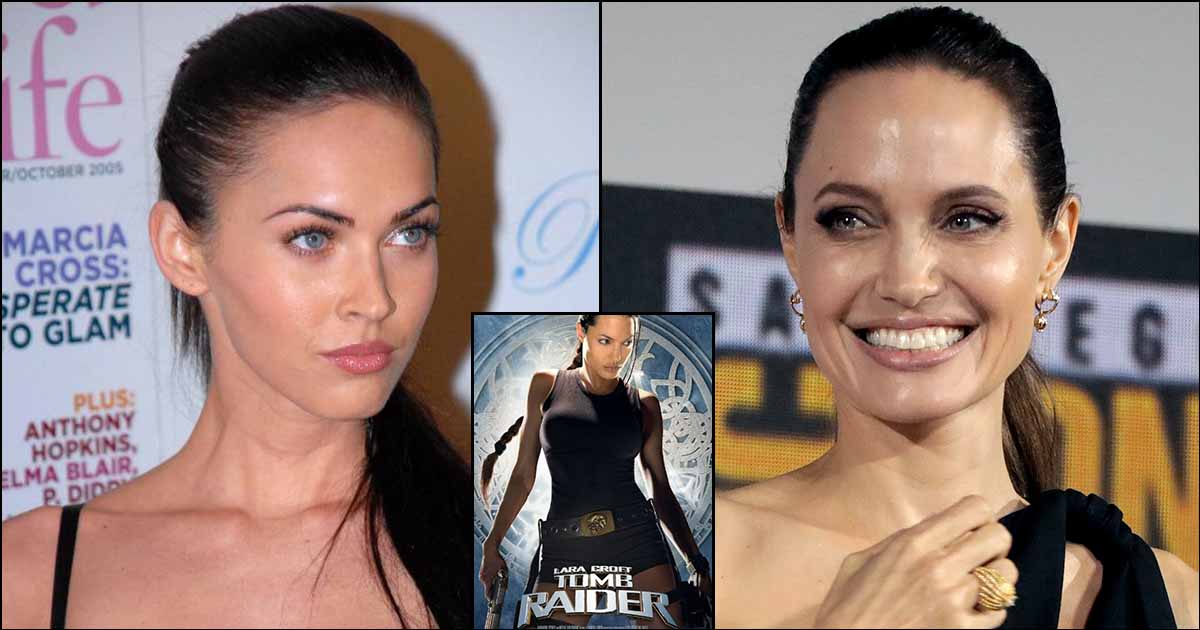
Emily Dickinson
A reclusive poet whose introspective verses explored themes of mortality, nature, and spirituality, Dickinson’s unique voice has left an enduring literary legacy. Dickinson’s poems, posthumously published, revealed her unique perspective on life, death, and nature, establishing her as a significant American poet.
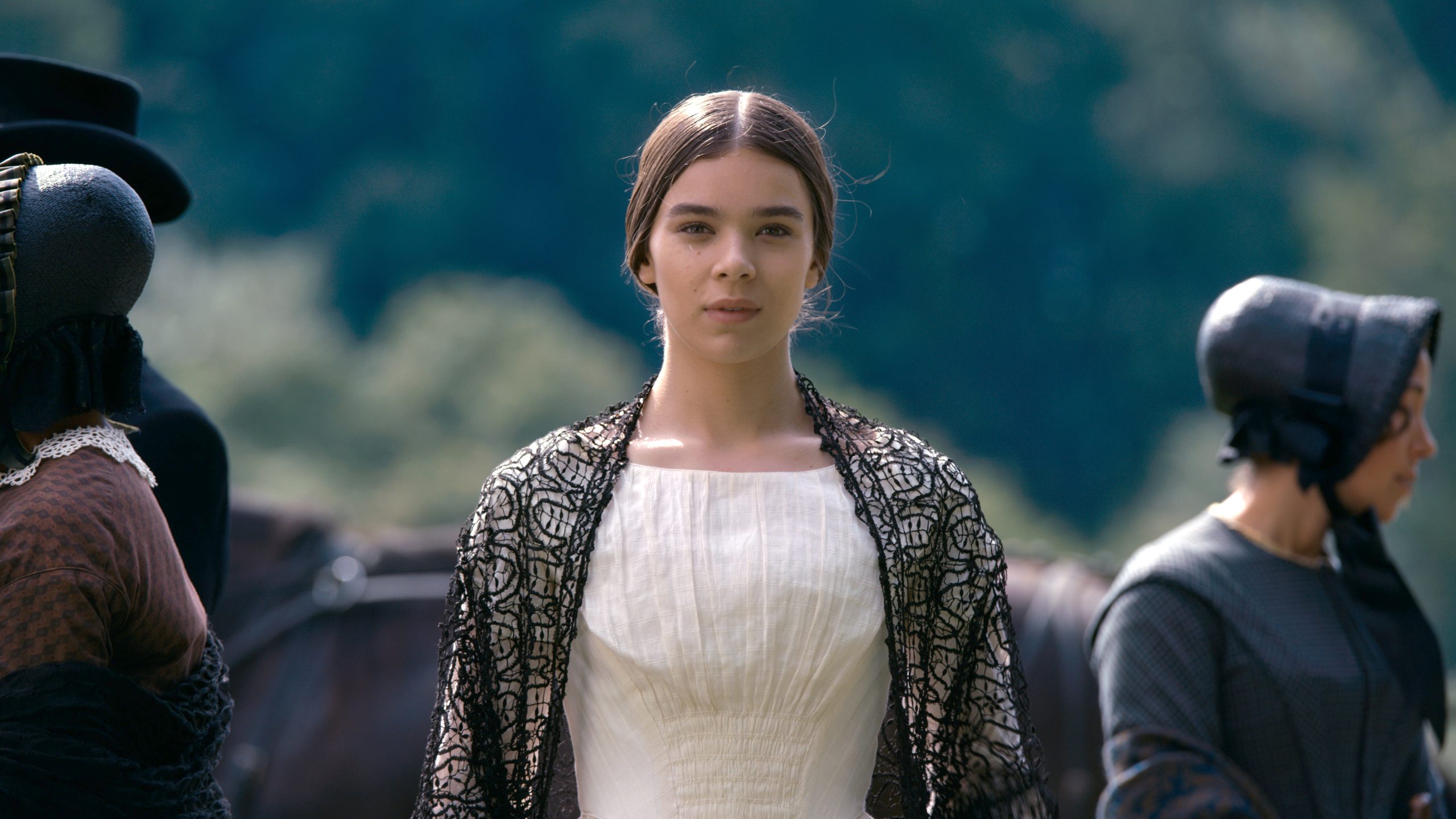
Hailee Steinfeld in ÒDickinson,Ó now streaming on Apple TV+.
(Courtesy of Apple TV+)
Benazir Bhutto
As the first woman to lead a Muslim-majority country, Bhutto’s political career in Pakistan marked a significant milestone for women’s participation in leadership roles. Bhutto’s election as Pakistan’s Prime Minister in 1988 marked her as the first woman to lead a Muslim-majority nation, inspiring women globally.
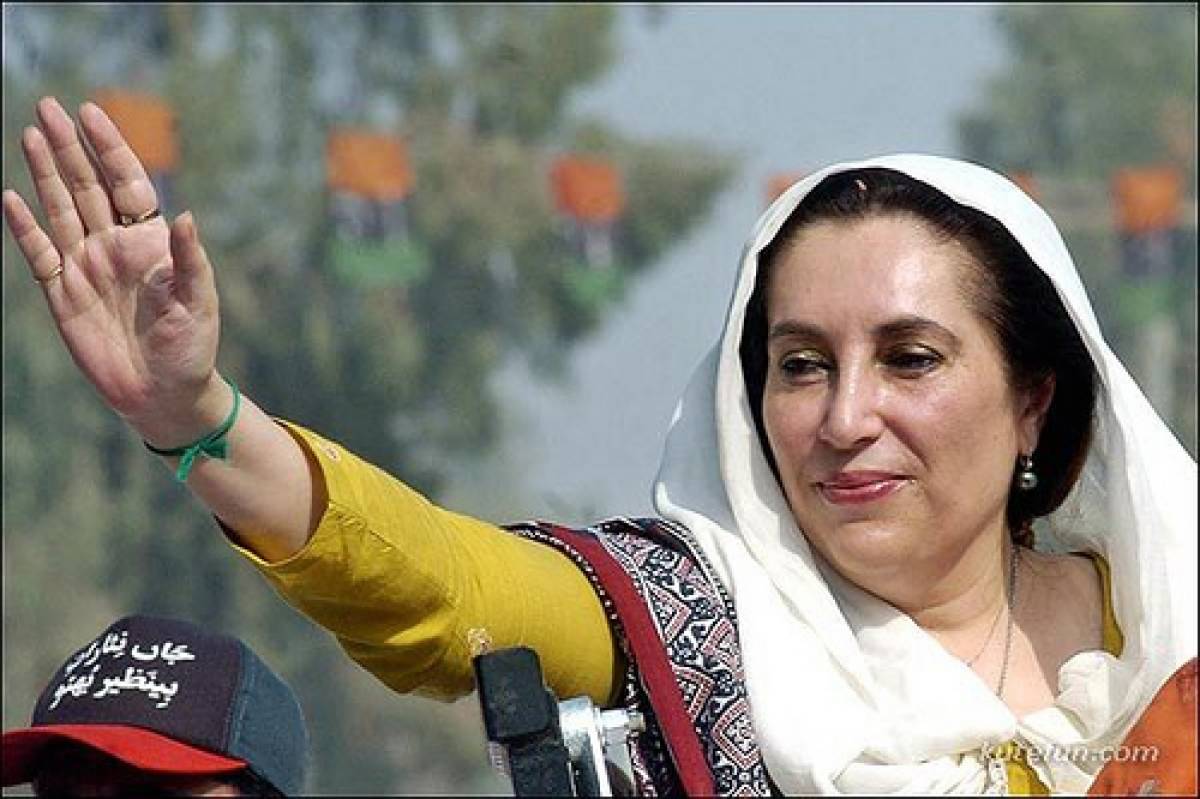
Yoko Ono
An avant-garde artist and musician, Ono’s collaborations with John Lennon and her innovative performance art have challenged traditional artistic norms. Ono’s artistic collaborations with John Lennon, including their iconic “Bed-In for Peace,” have made her a symbol of avant-garde art and activism.
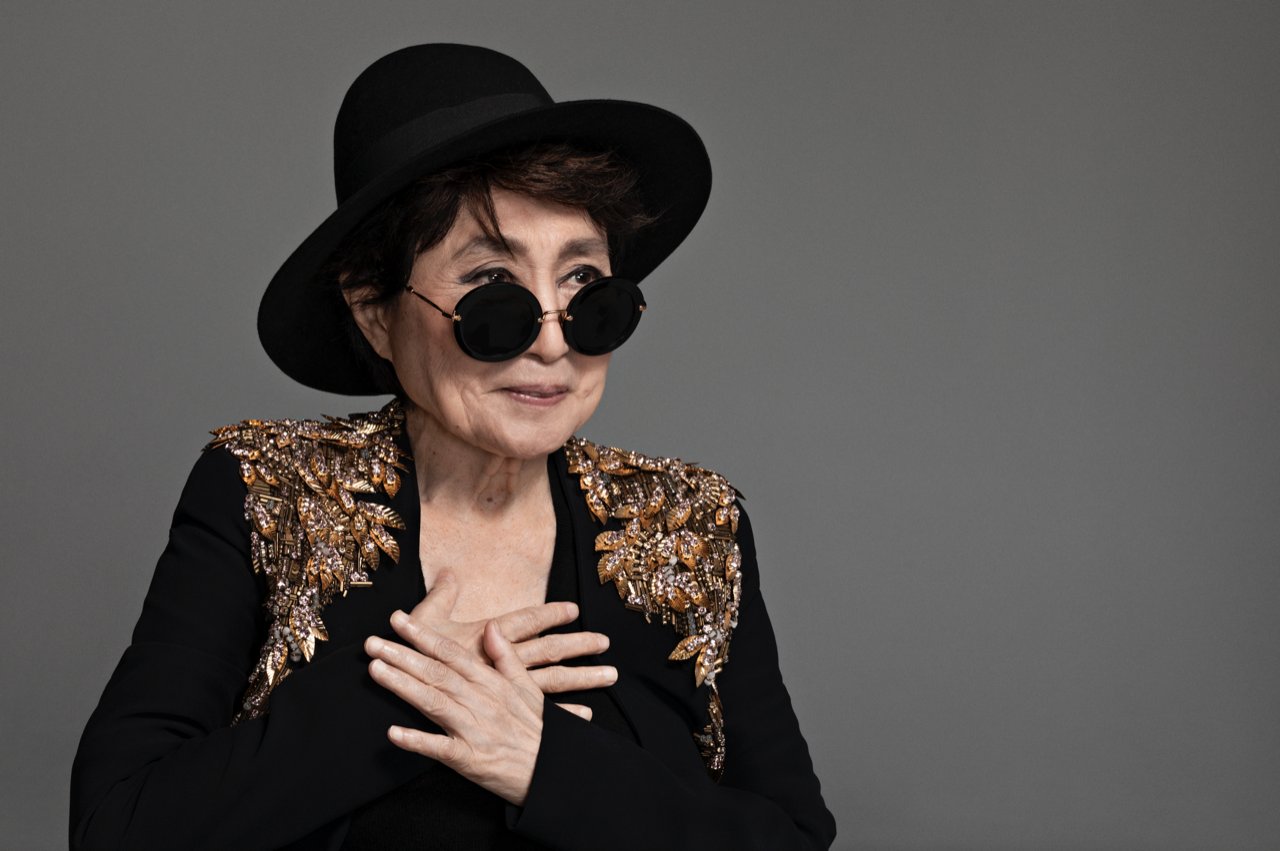
Margaret Cho
A boundary-pushing comedian and actress, Cho’s fearless humor and advocacy for LGBTQ+ and Asian-American rights have made her a prominent figure in both entertainment and activism. Cho’s boundary-pushing comedy and advocacy for marginalized communities have made her a celebrated figure in both entertainment and social change.
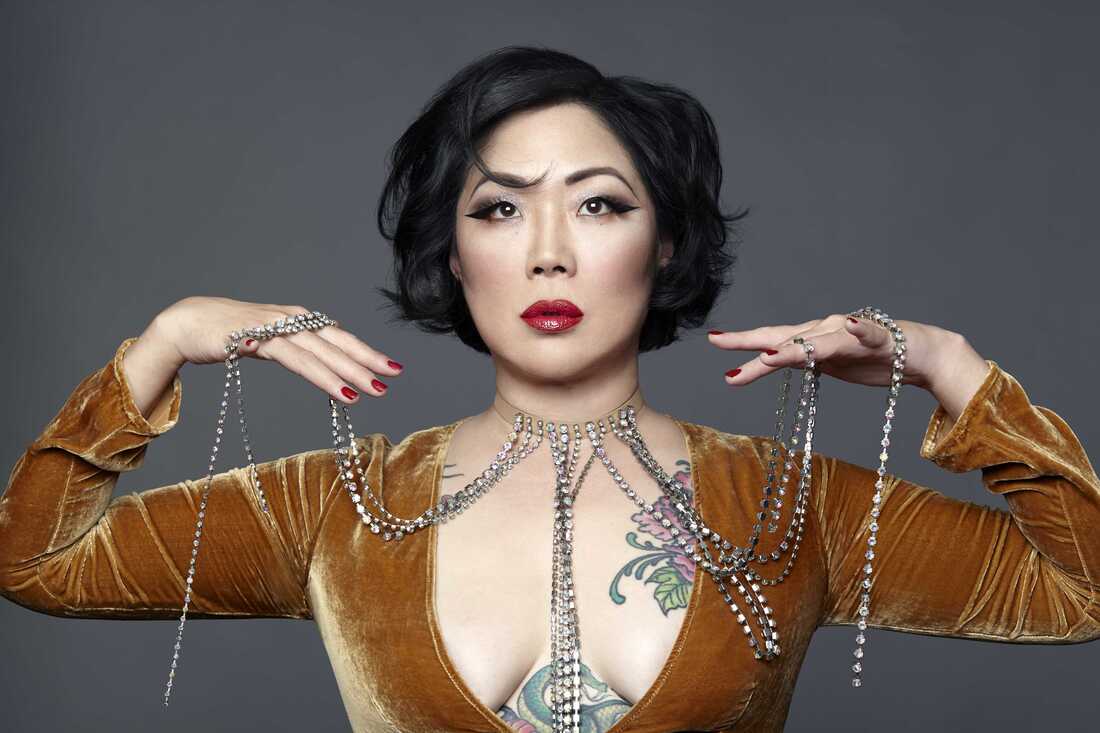
Gloria Steinem
A pioneering feminist and activist, Steinem’s writings and advocacy have been instrumental in advancing women’s rights and gender equality. Steinem’s co-founding of Ms. magazine in 1971 and her feminist activism have been pivotal in advancing women’s rights and gender equality.
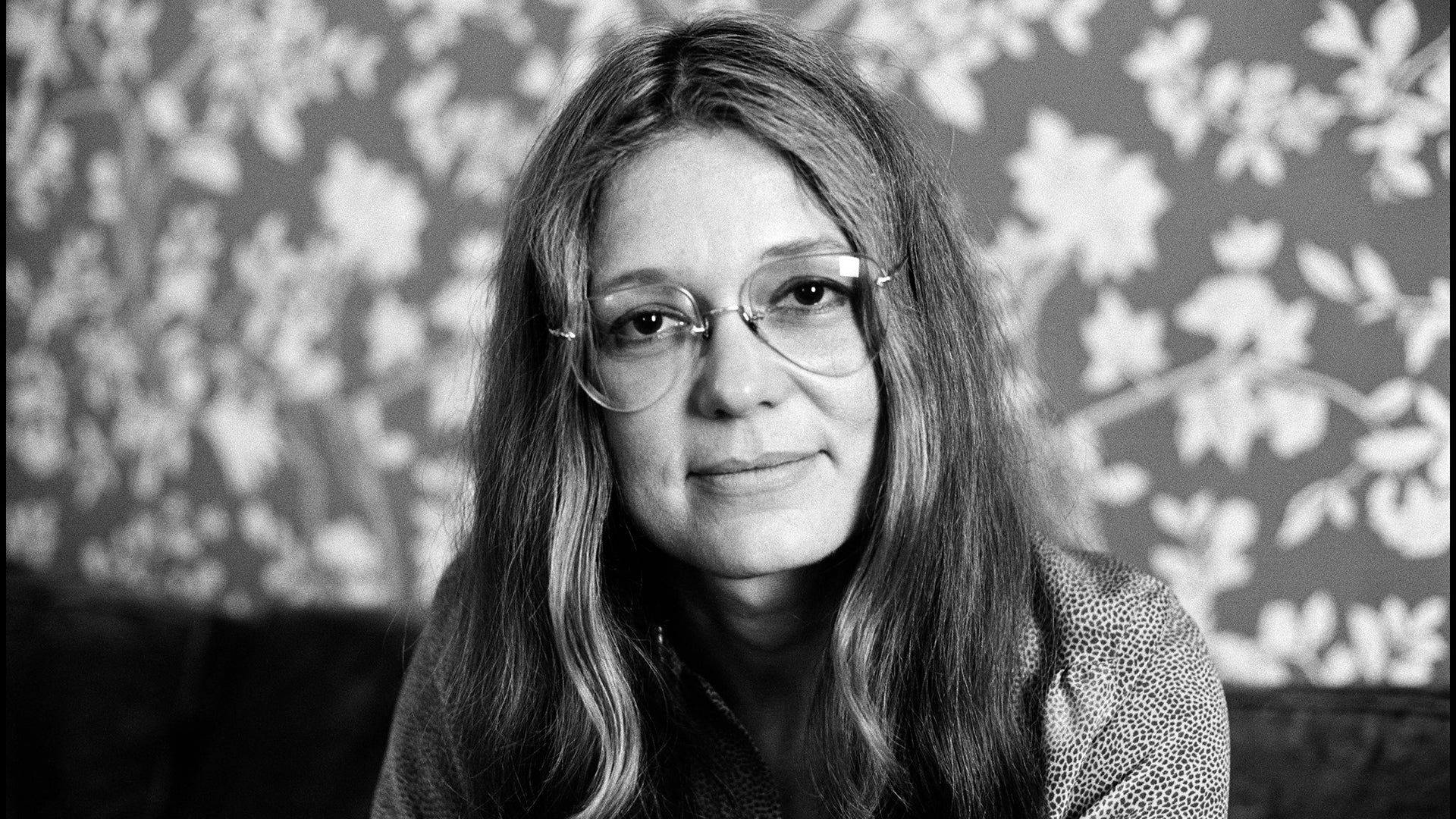
Maria Sharapova
A prominent tennis player, Sharapova’s on-court achievements and global appeal have made her one of the most recognizable and successful athletes in the world. Sharapova’s victory at Wimbledon in 2004 marked her emergence as a tennis star, and her subsequent success solidified her status as one of the sport’s top players.

Simone de Beauvoir
A philosopher and writer, de Beauvoir’s groundbreaking work on existentialism and feminism challenged societal norms and contributed to modern philosophical discourse. De Beauvoir’s publication of “The Second Sex” (1949) sparked conversations about women’s rights and existentialism, establishing her as a prominent philosopher and feminist thinker.
